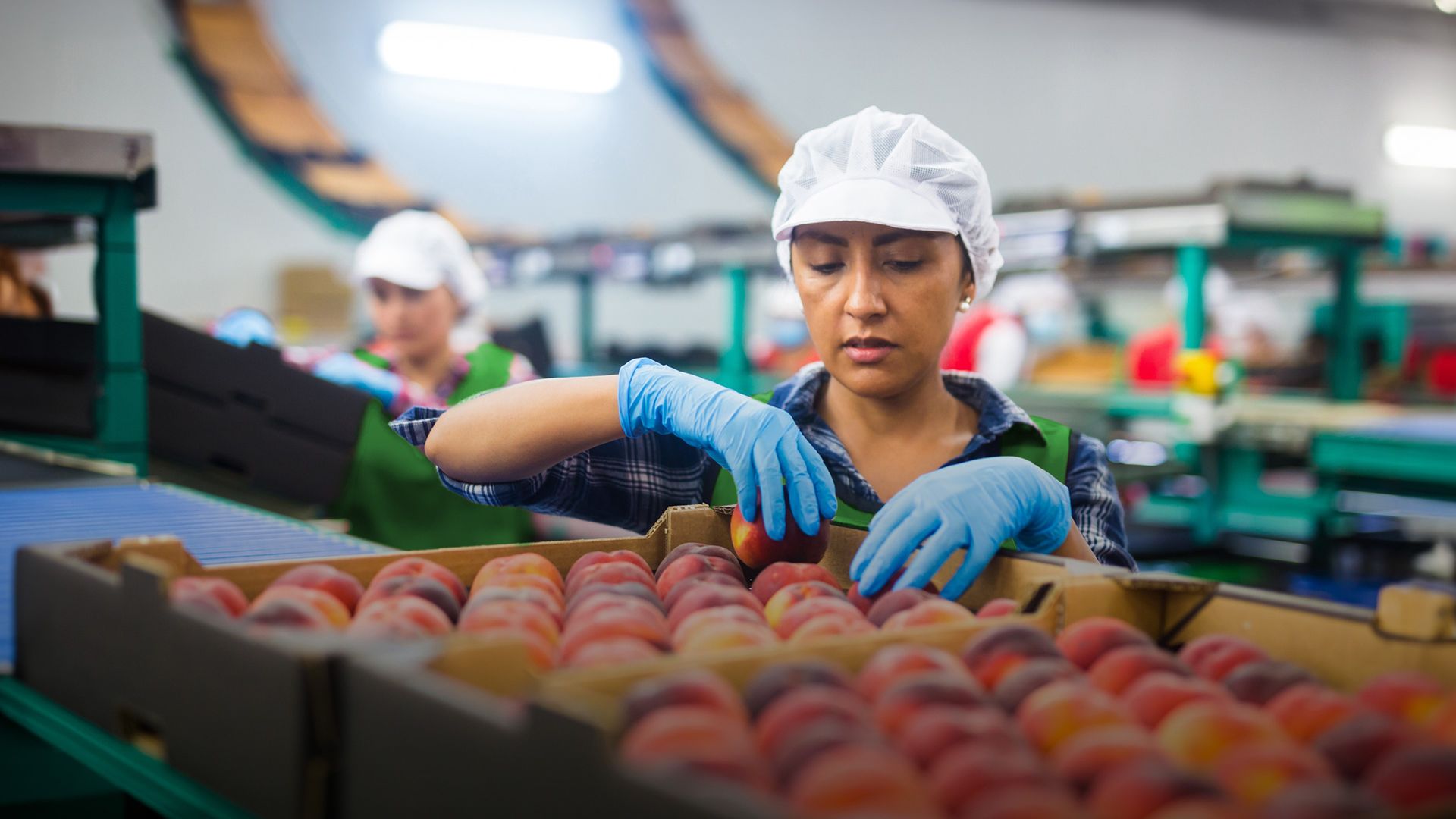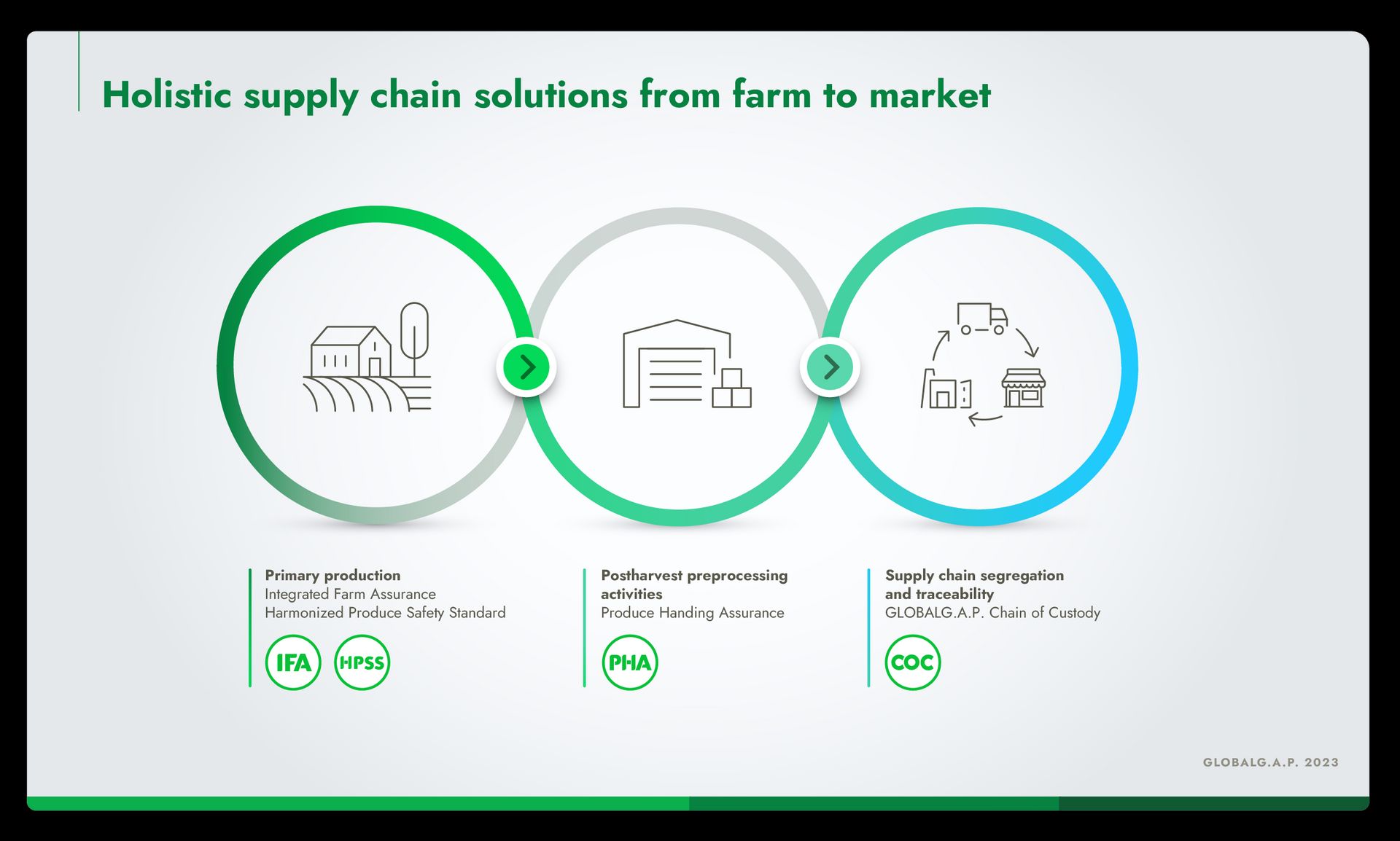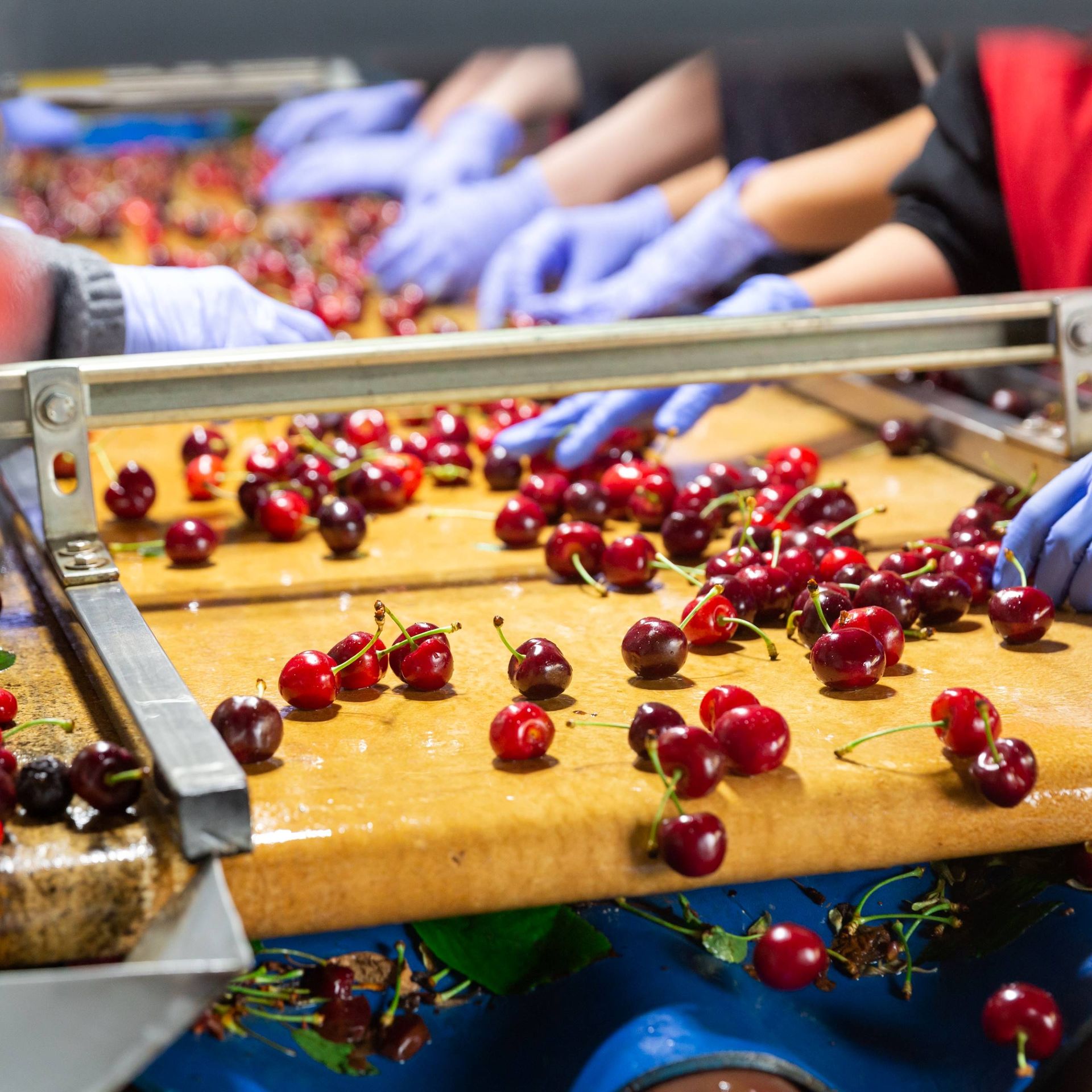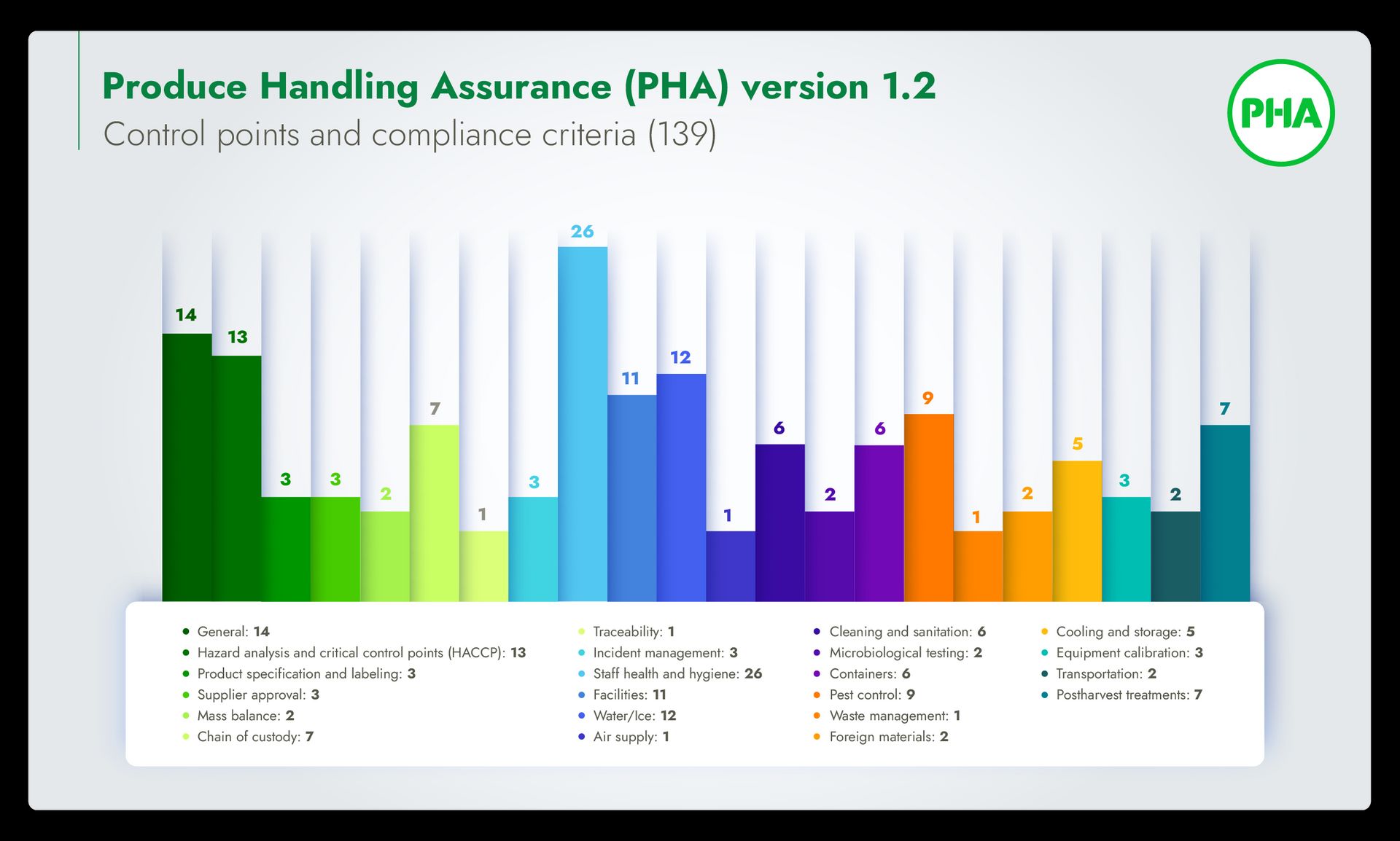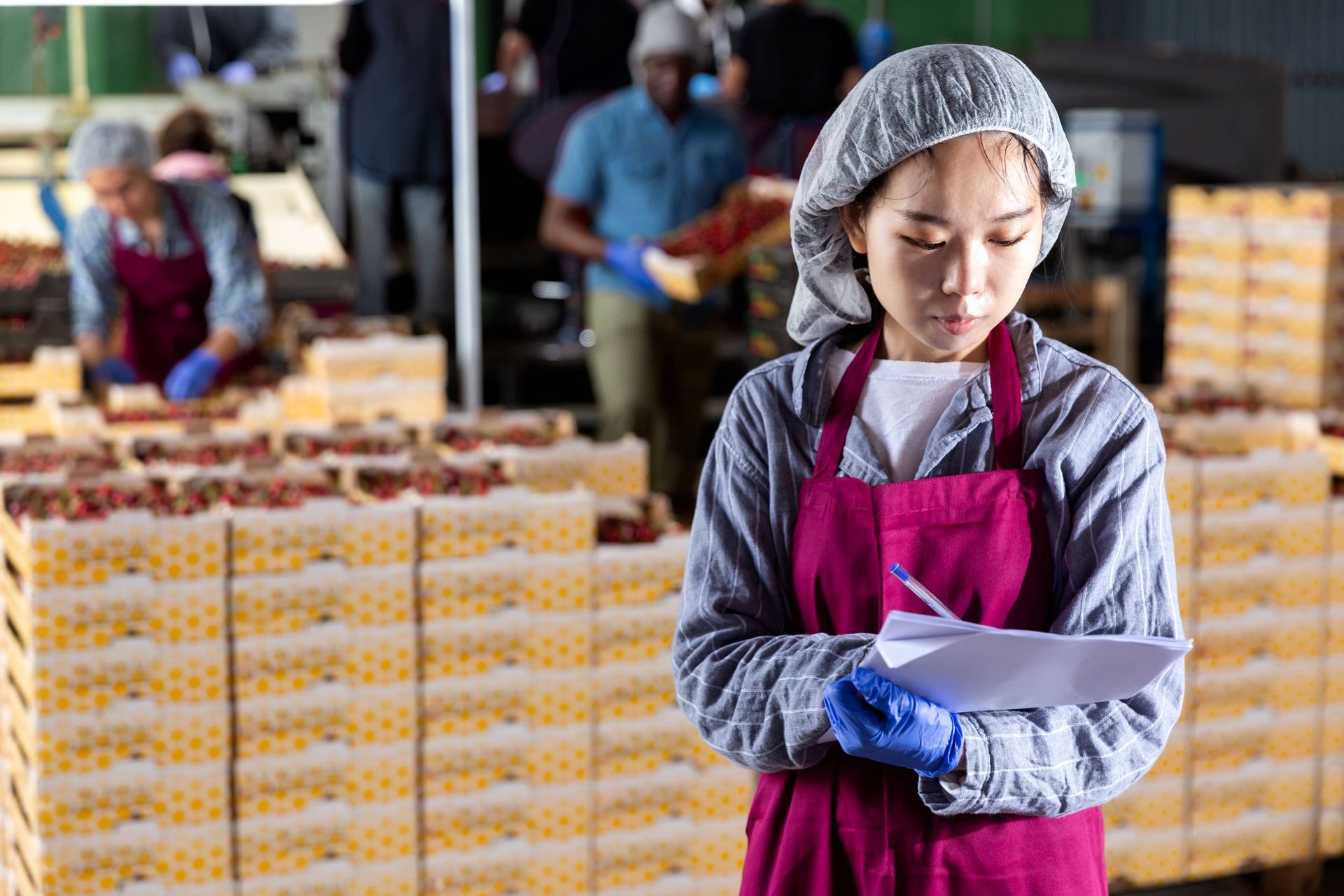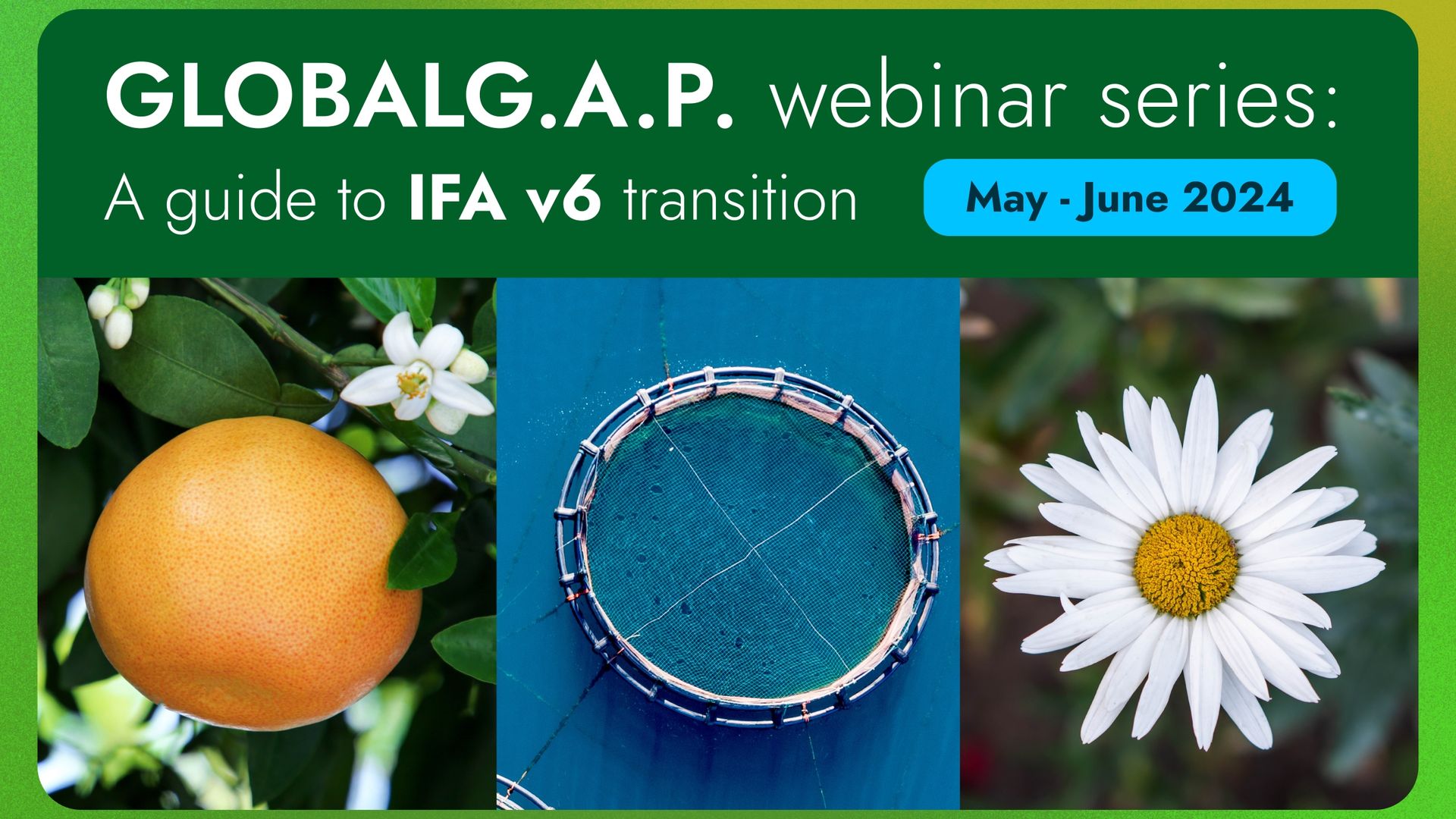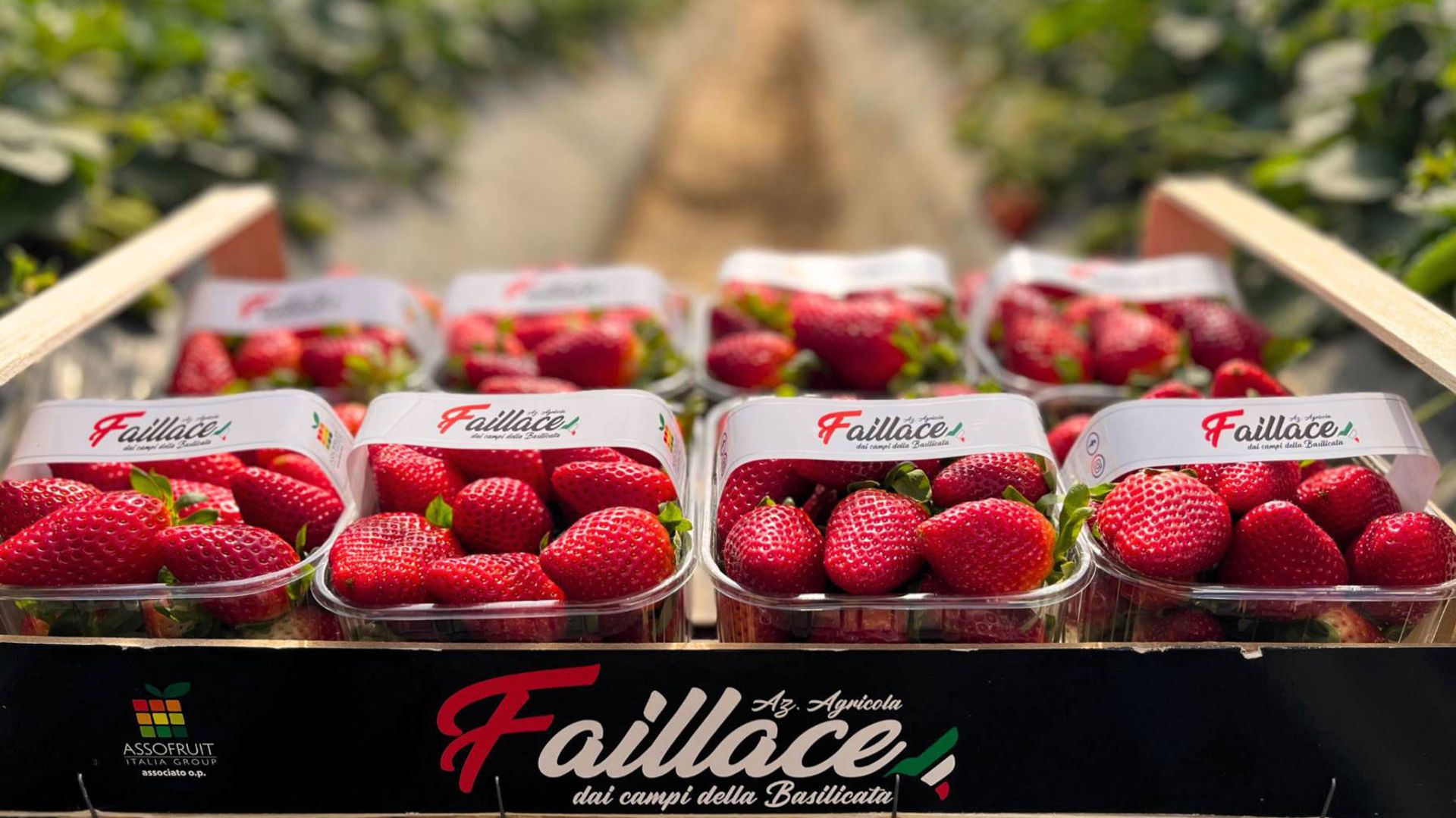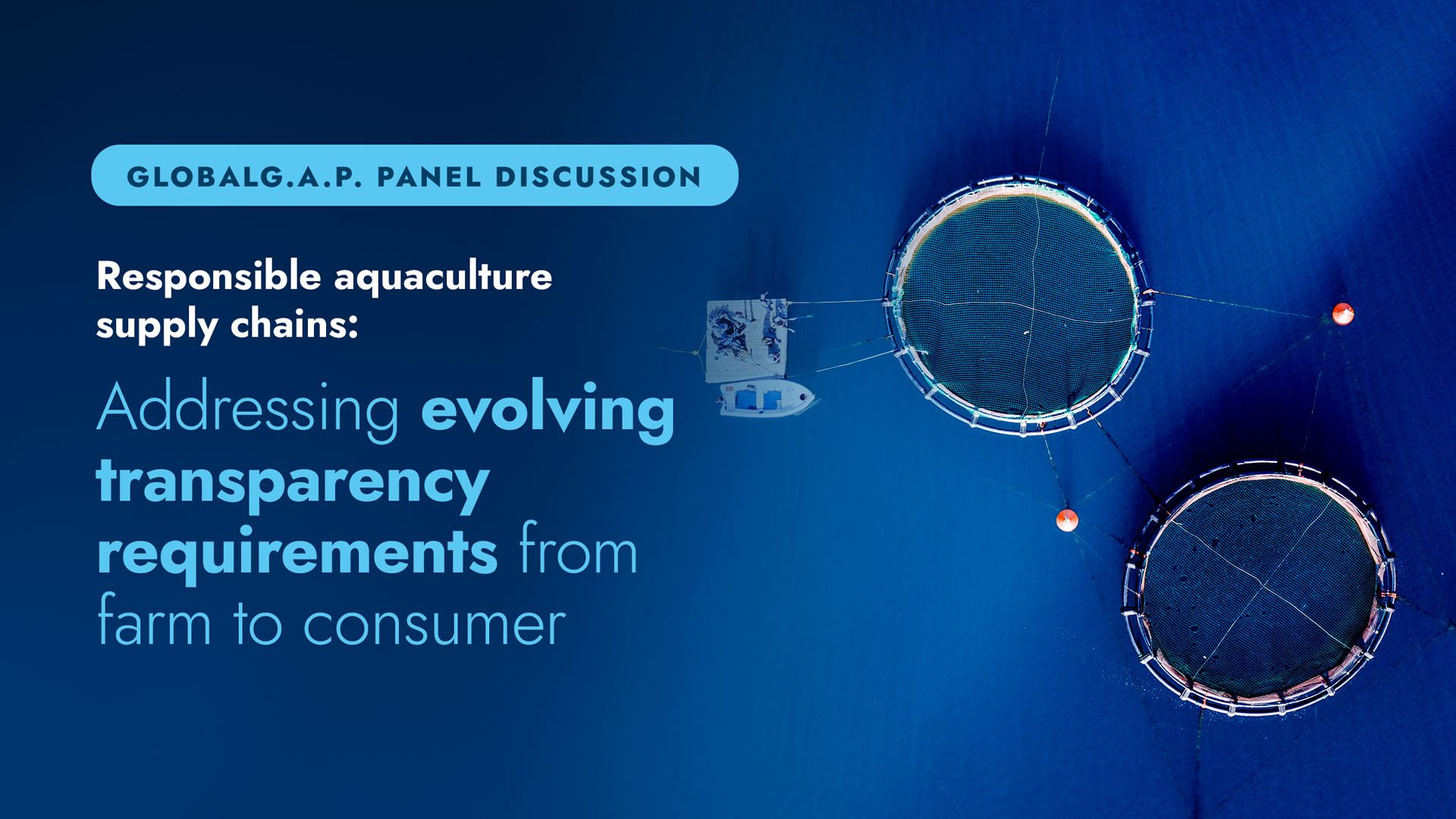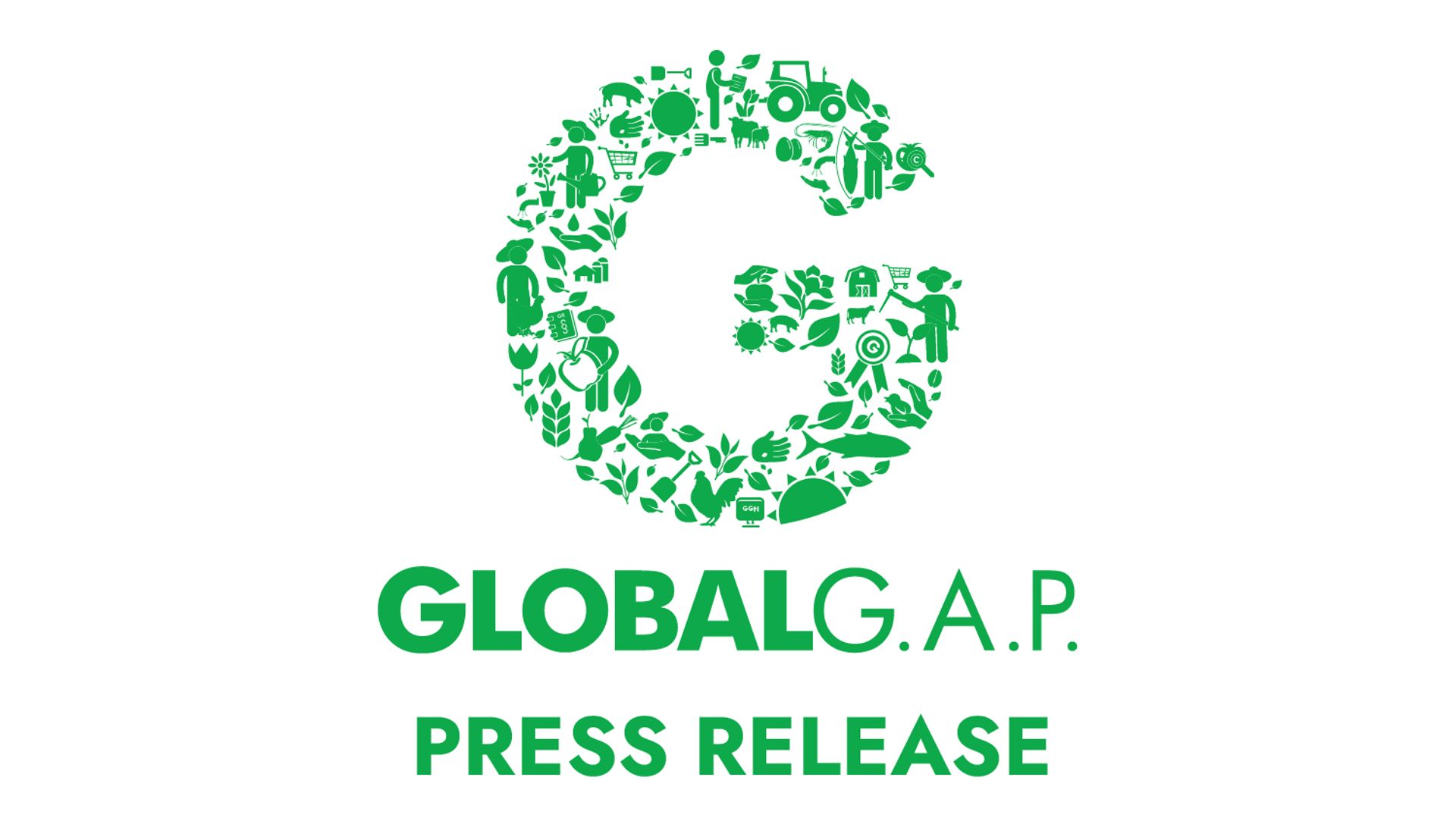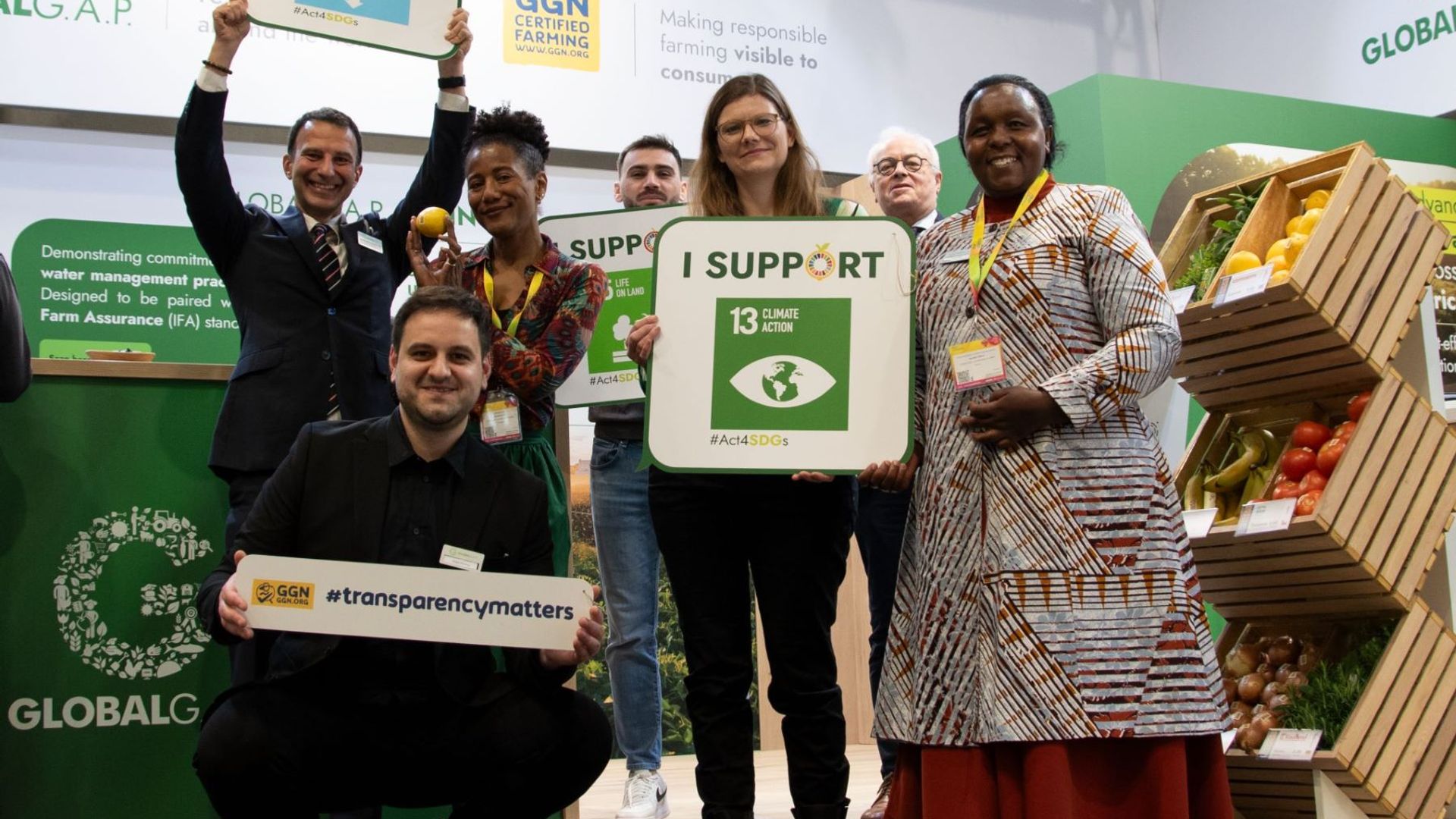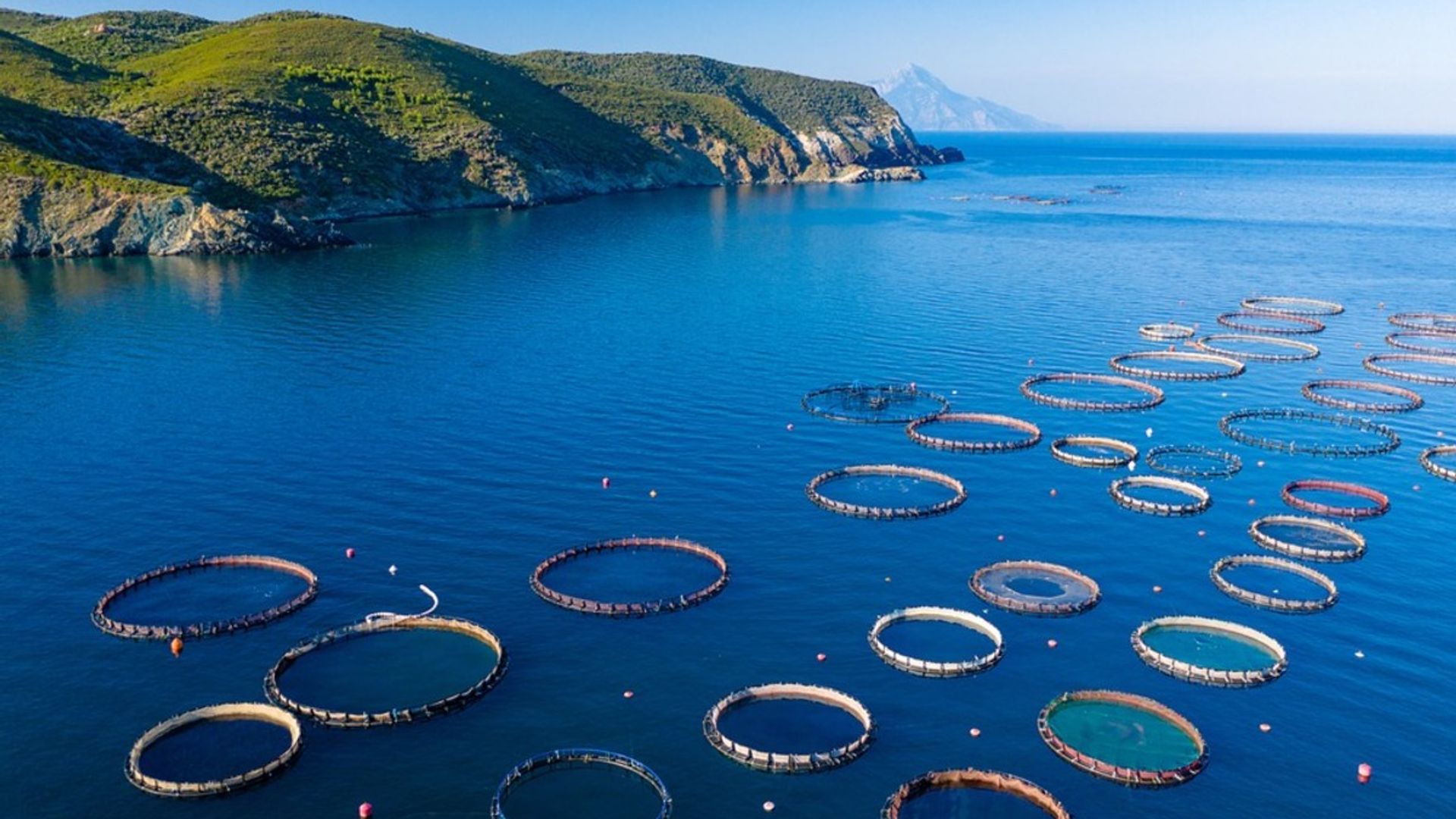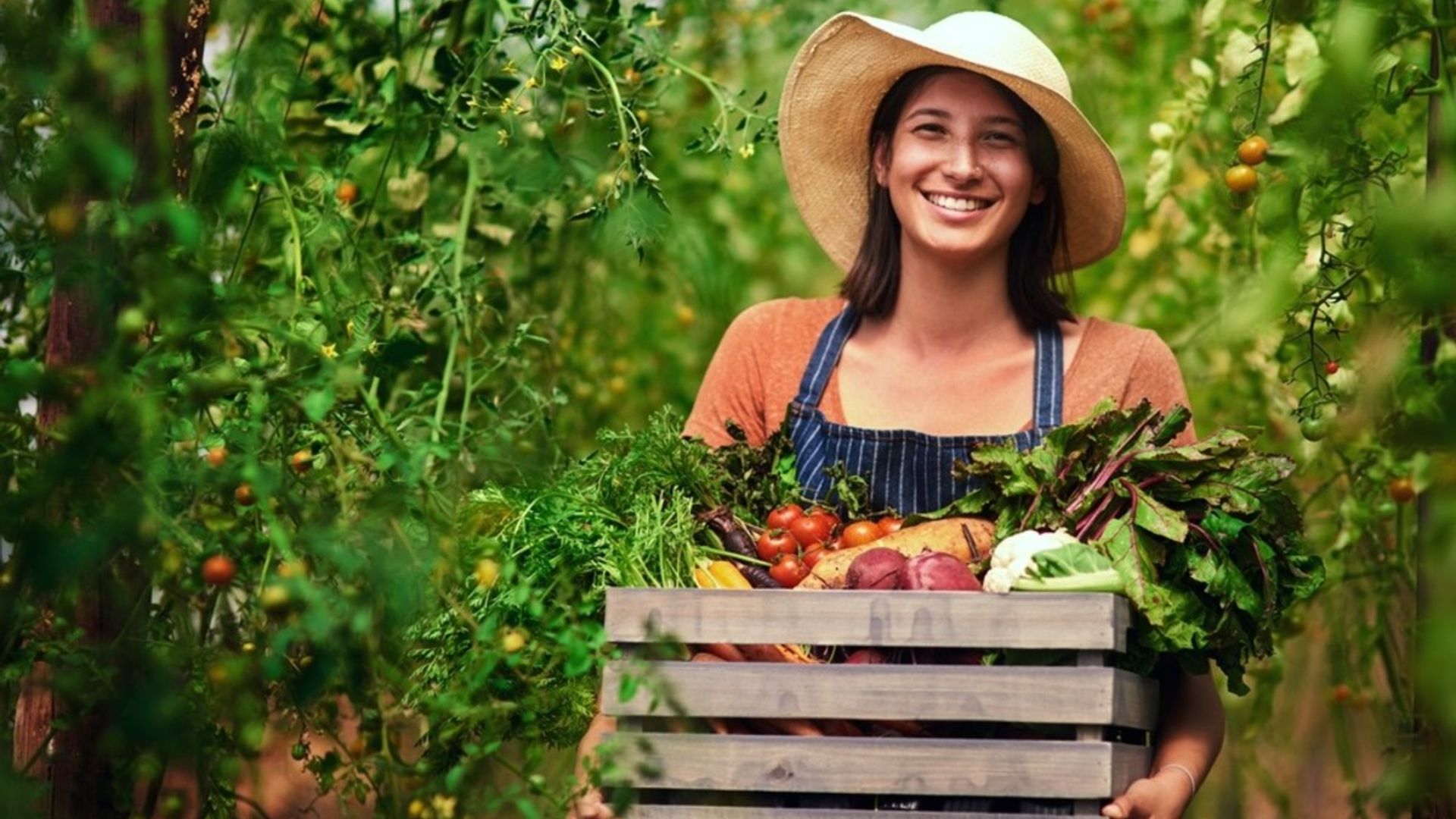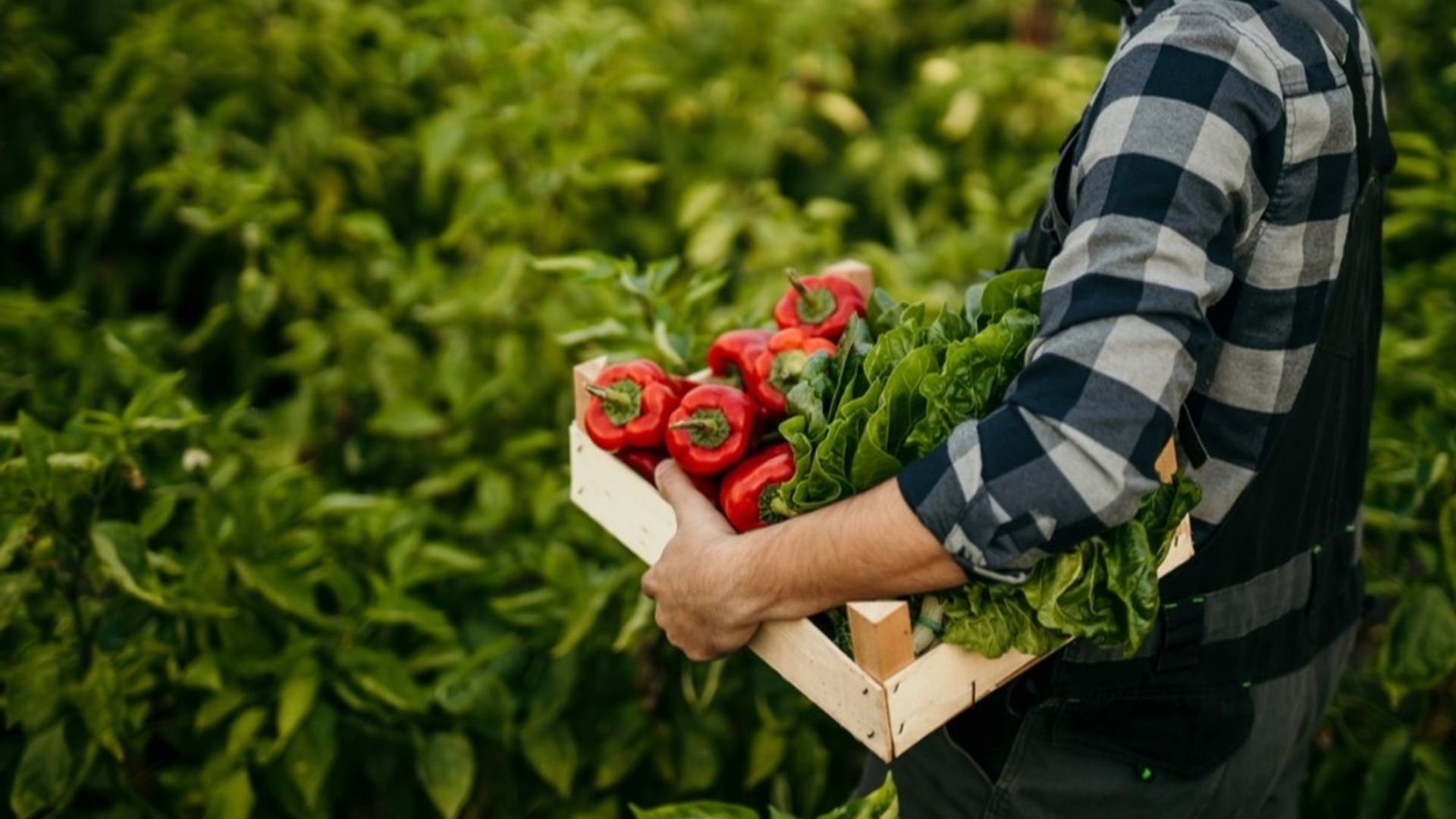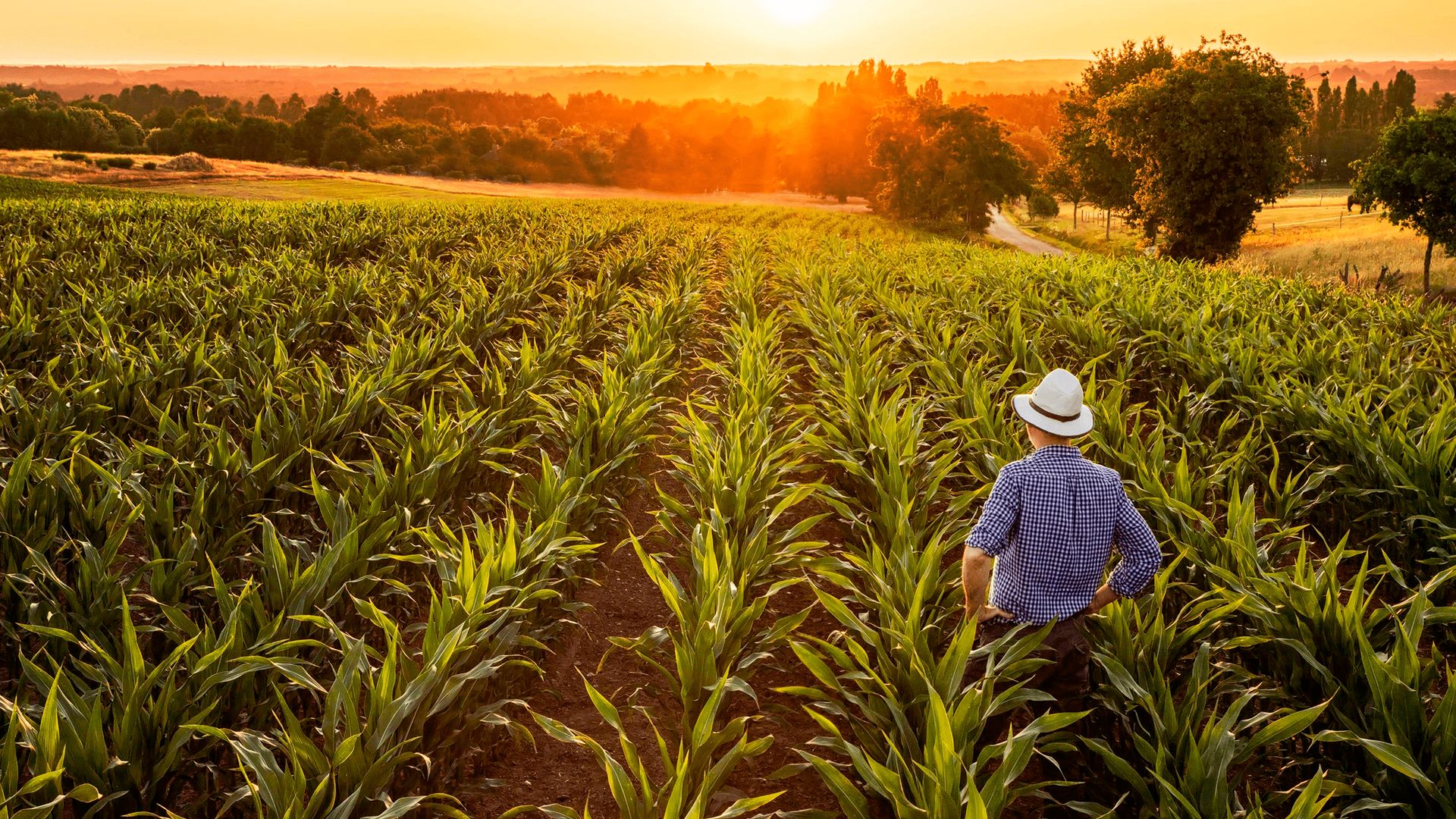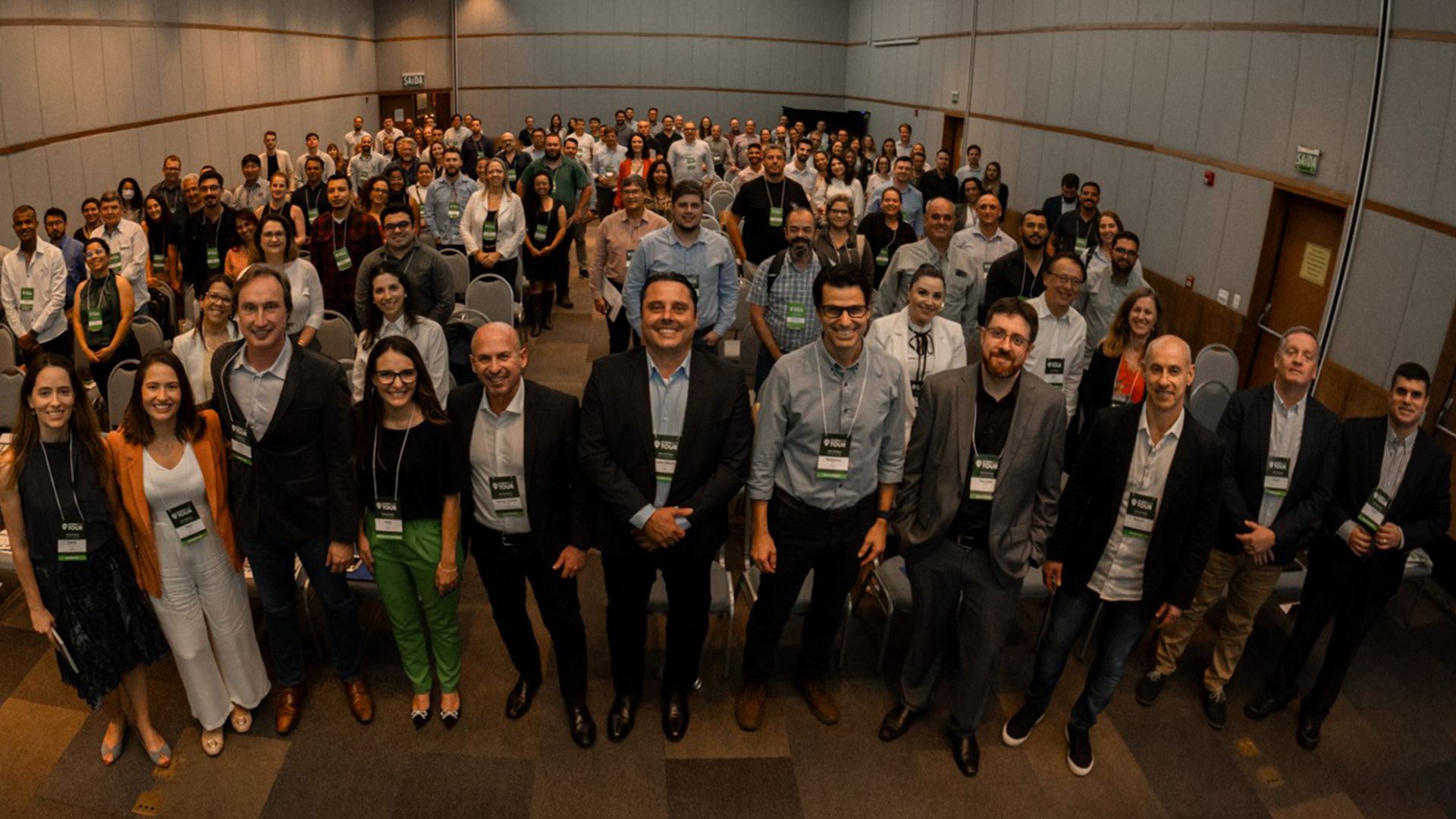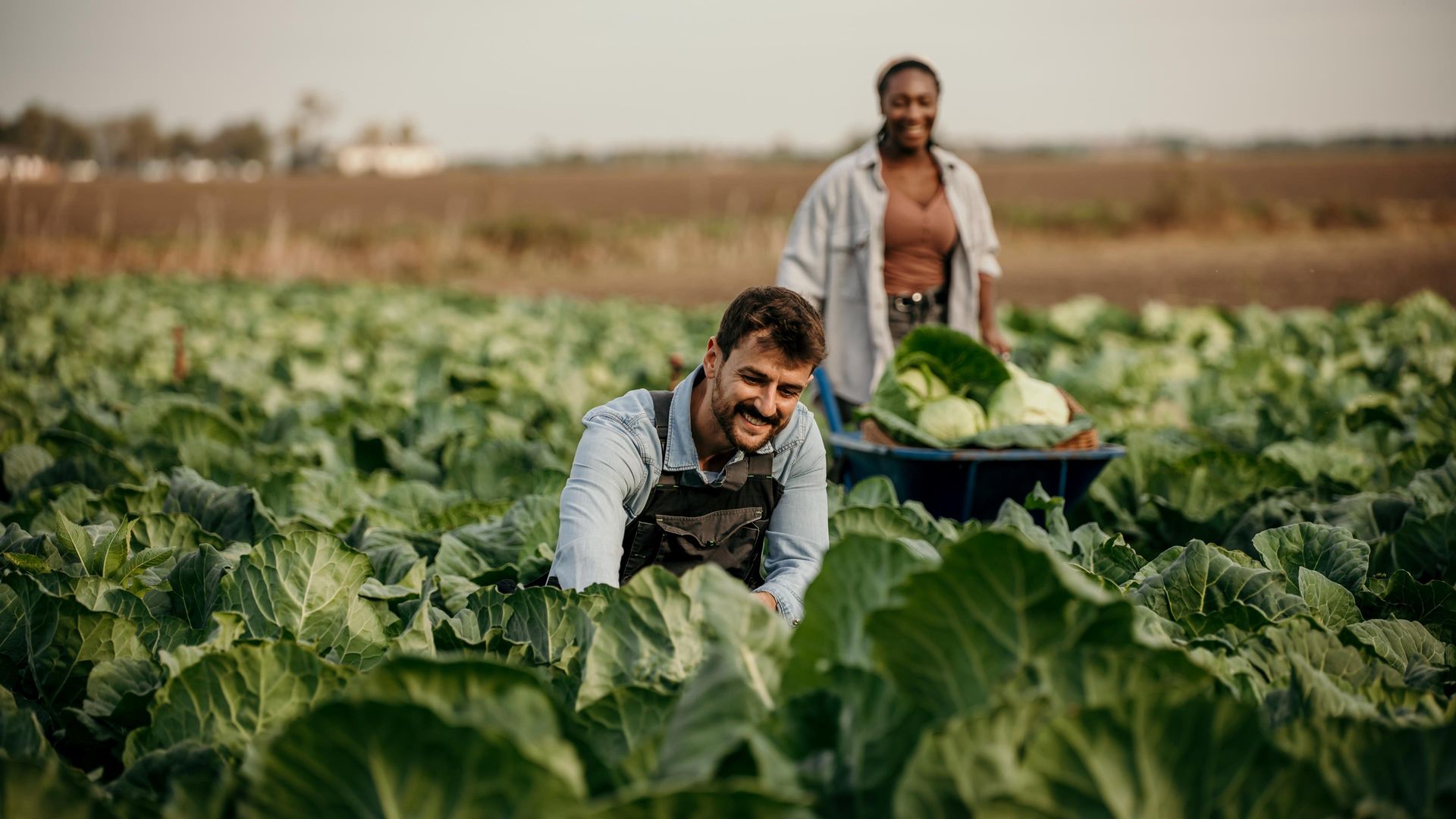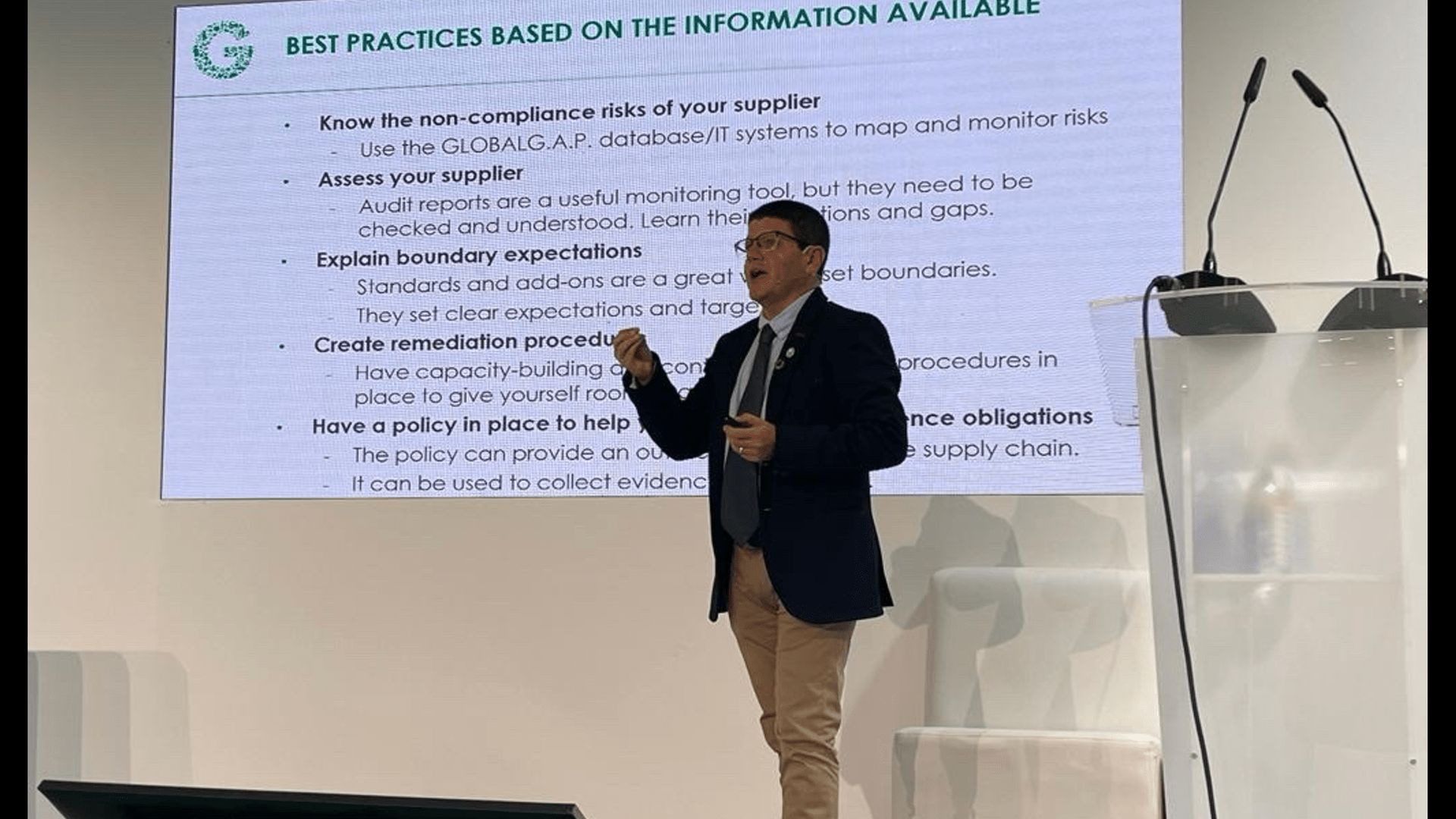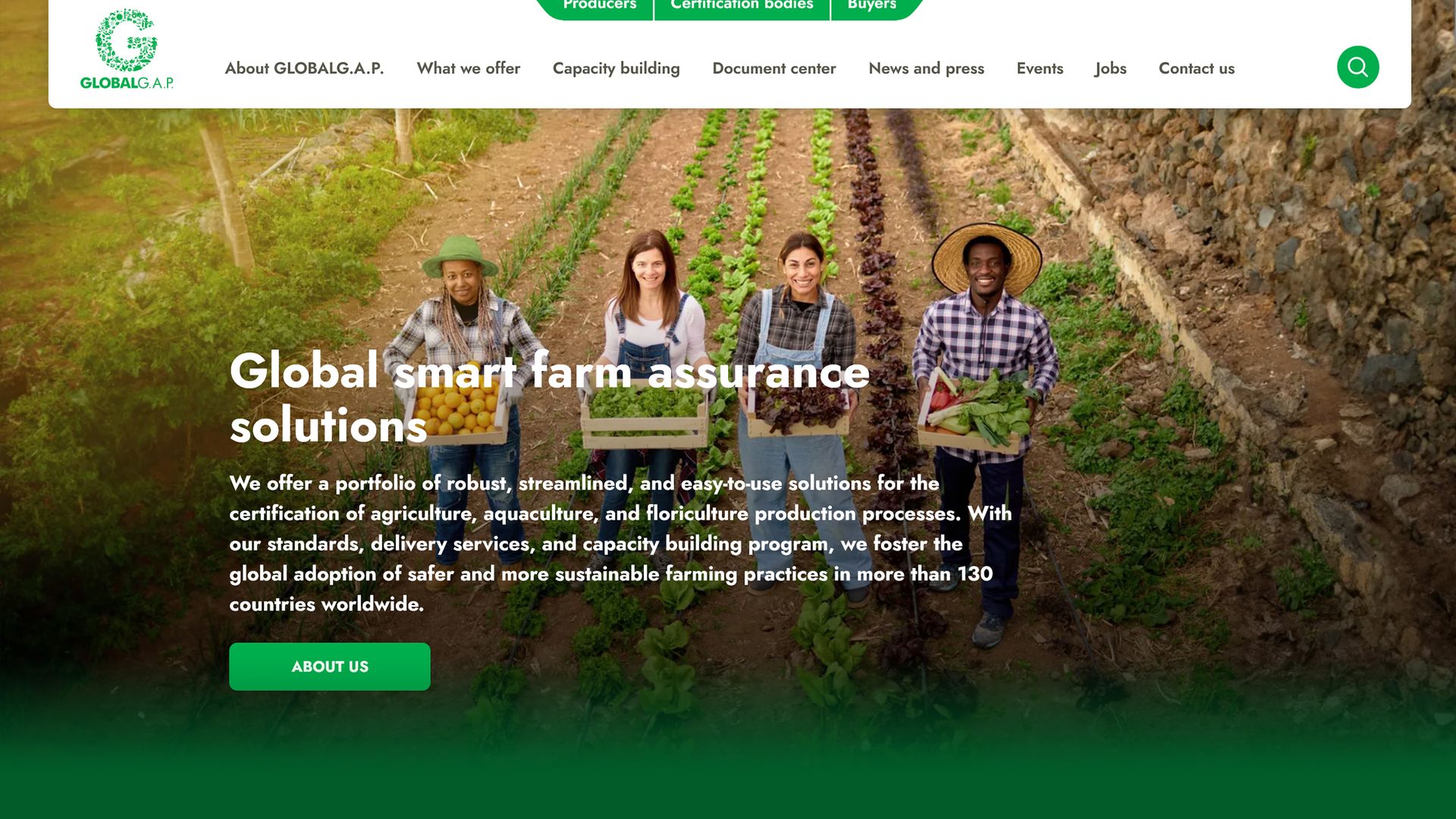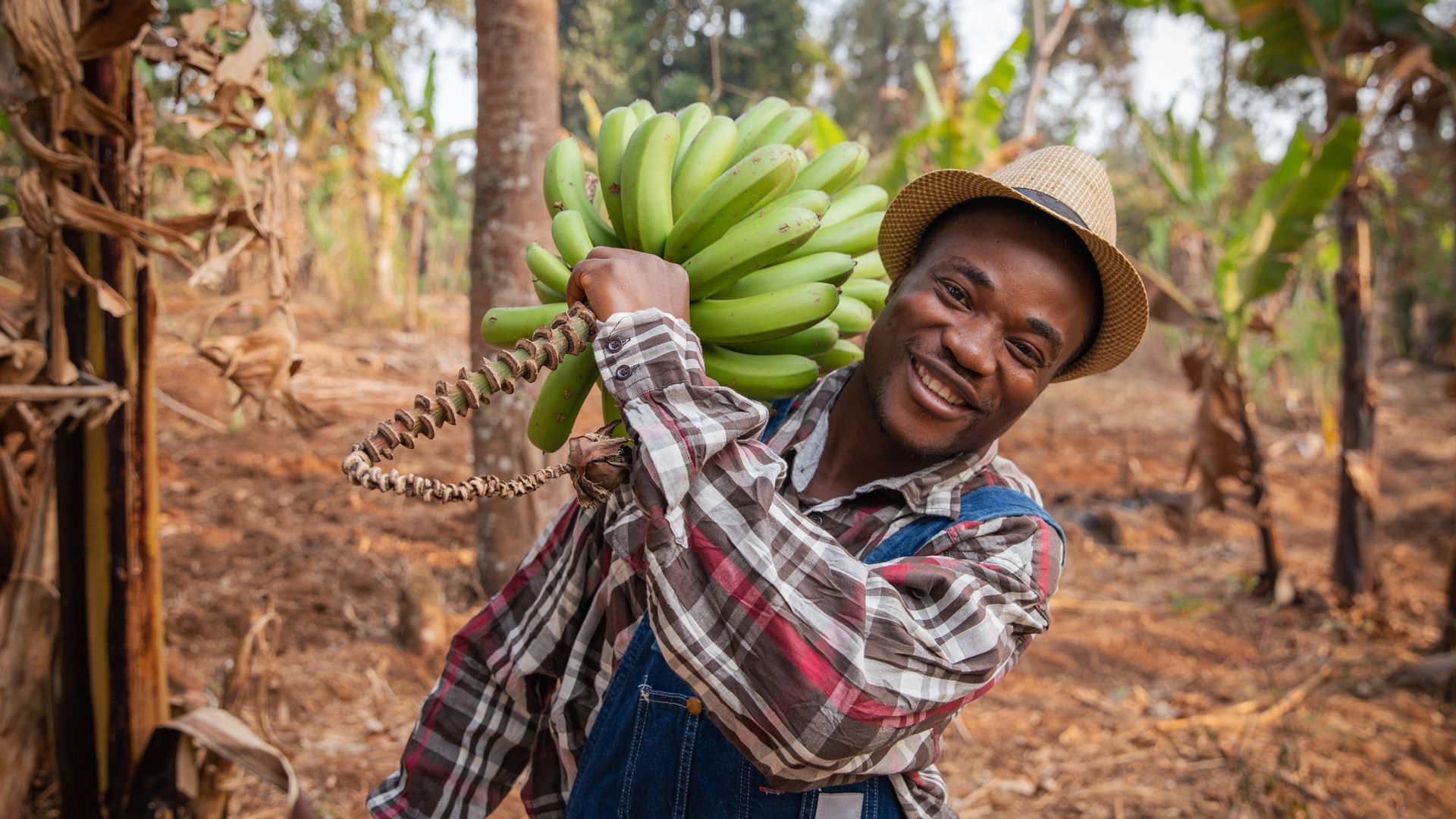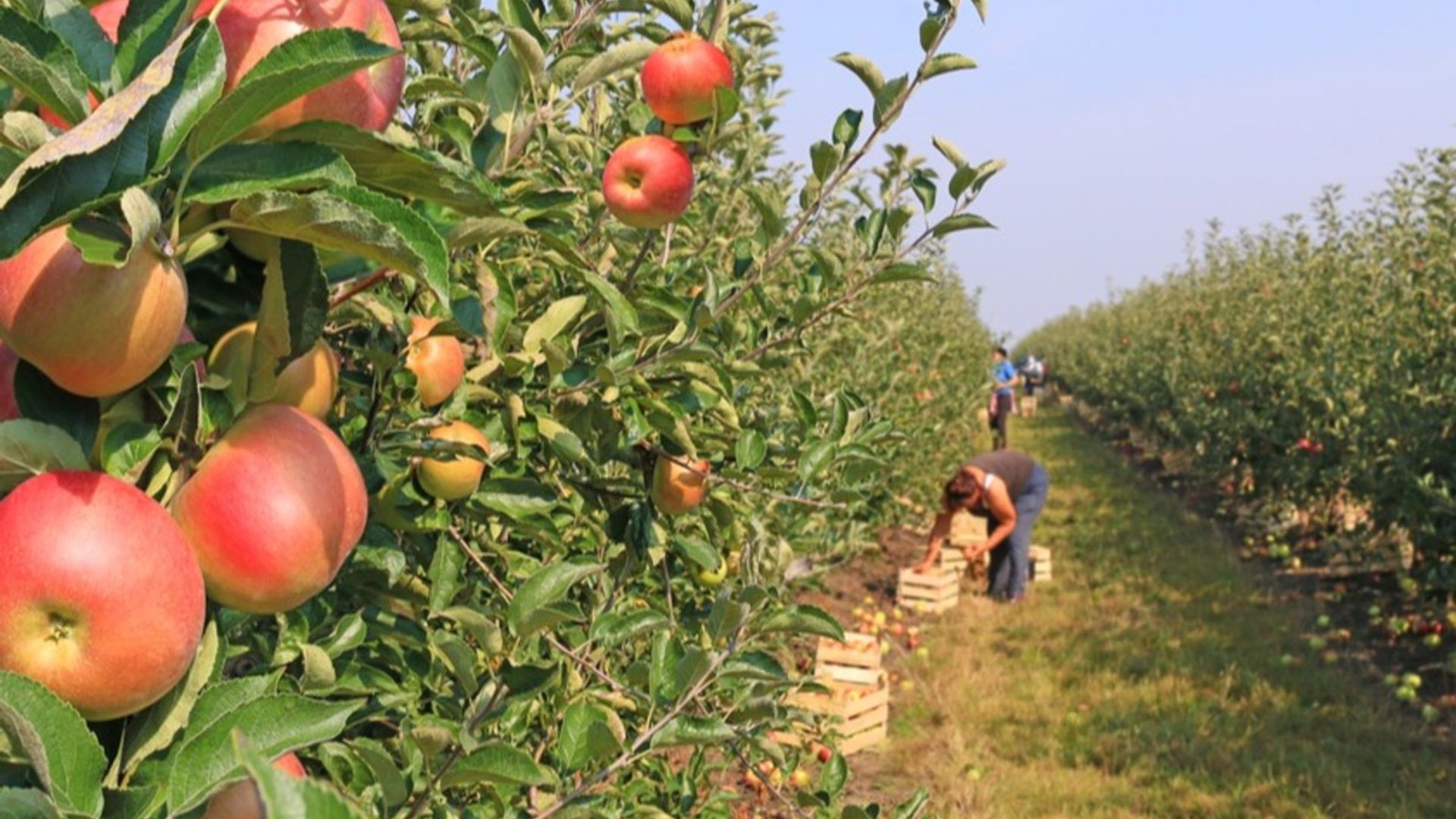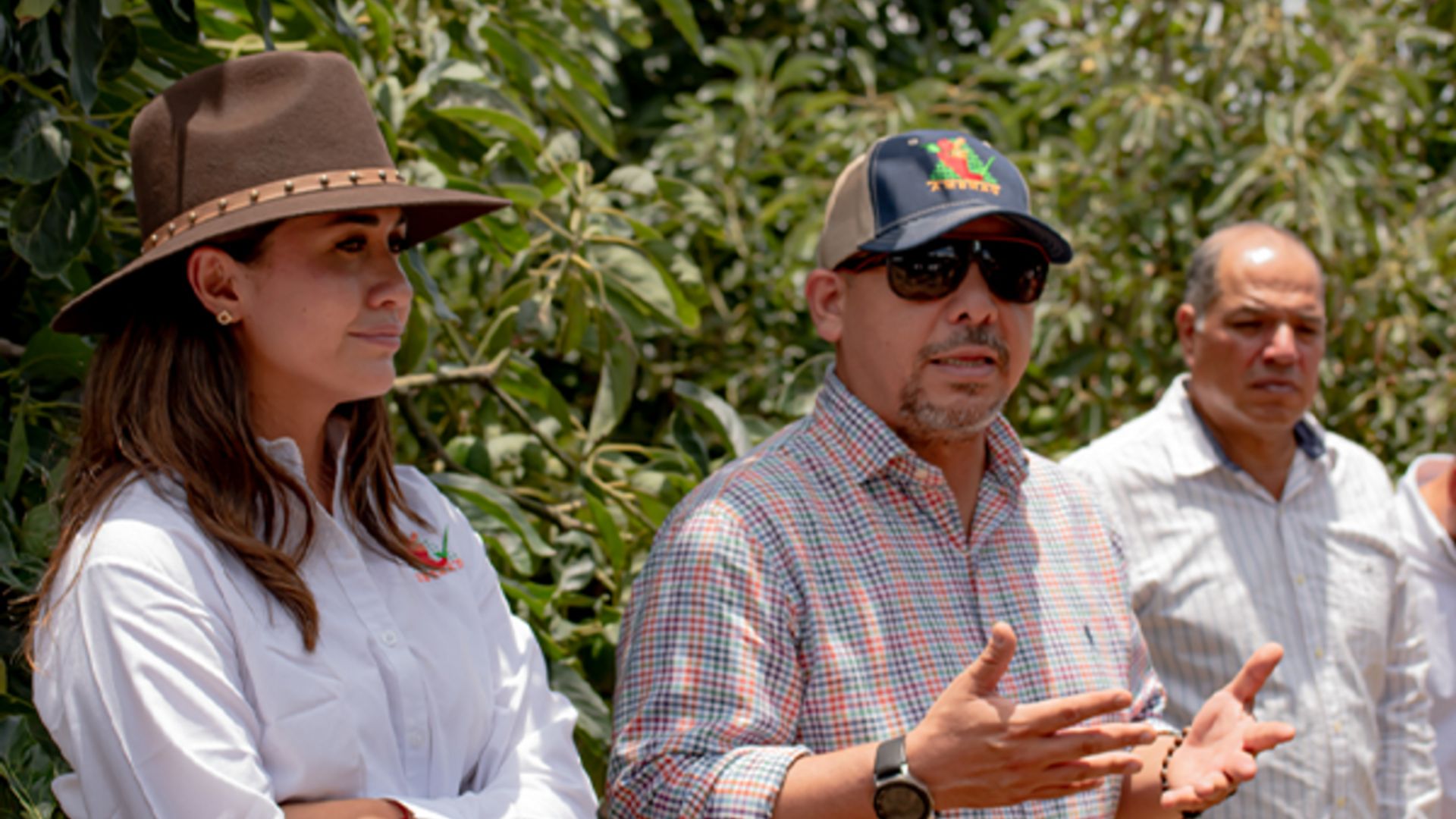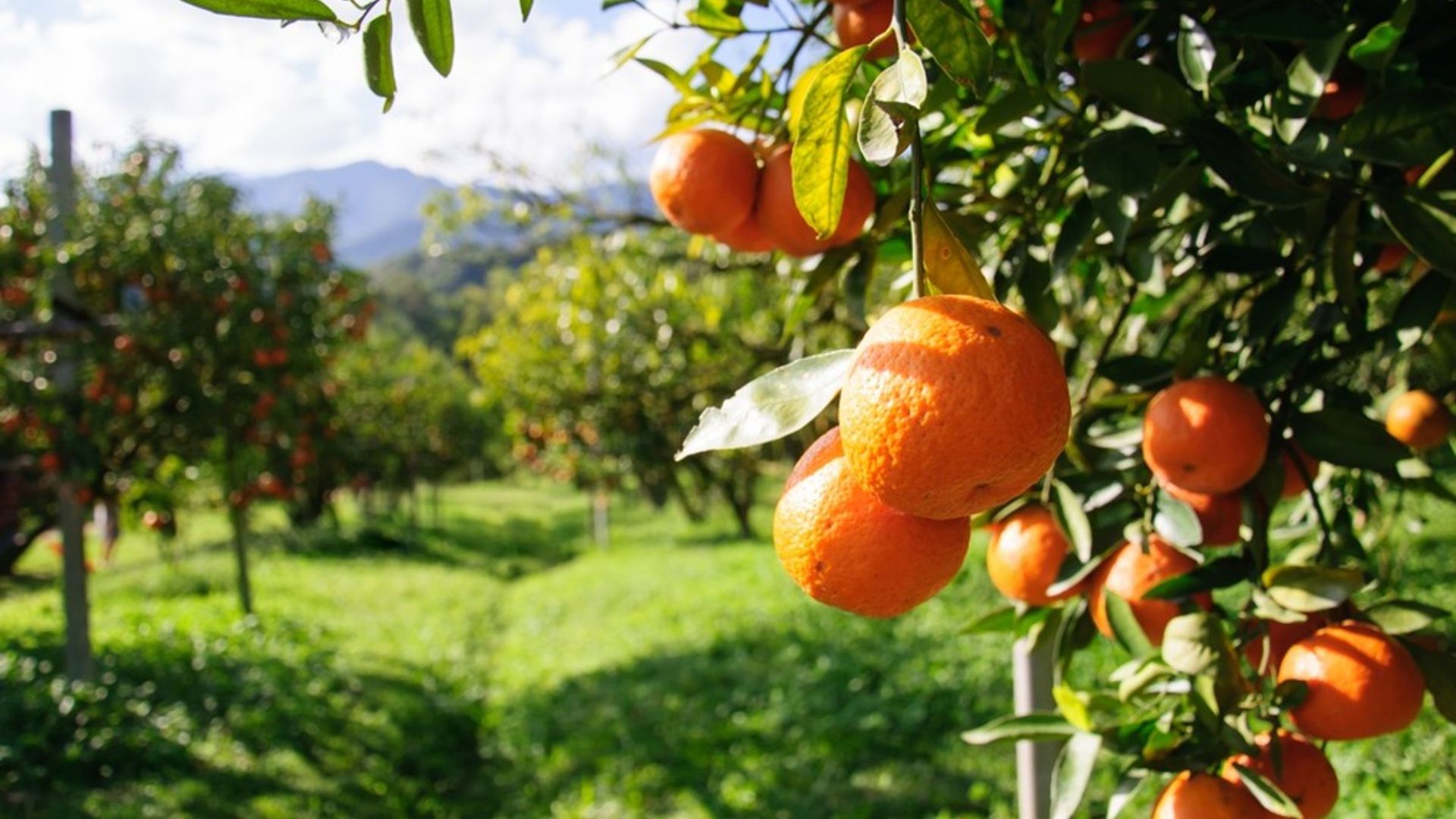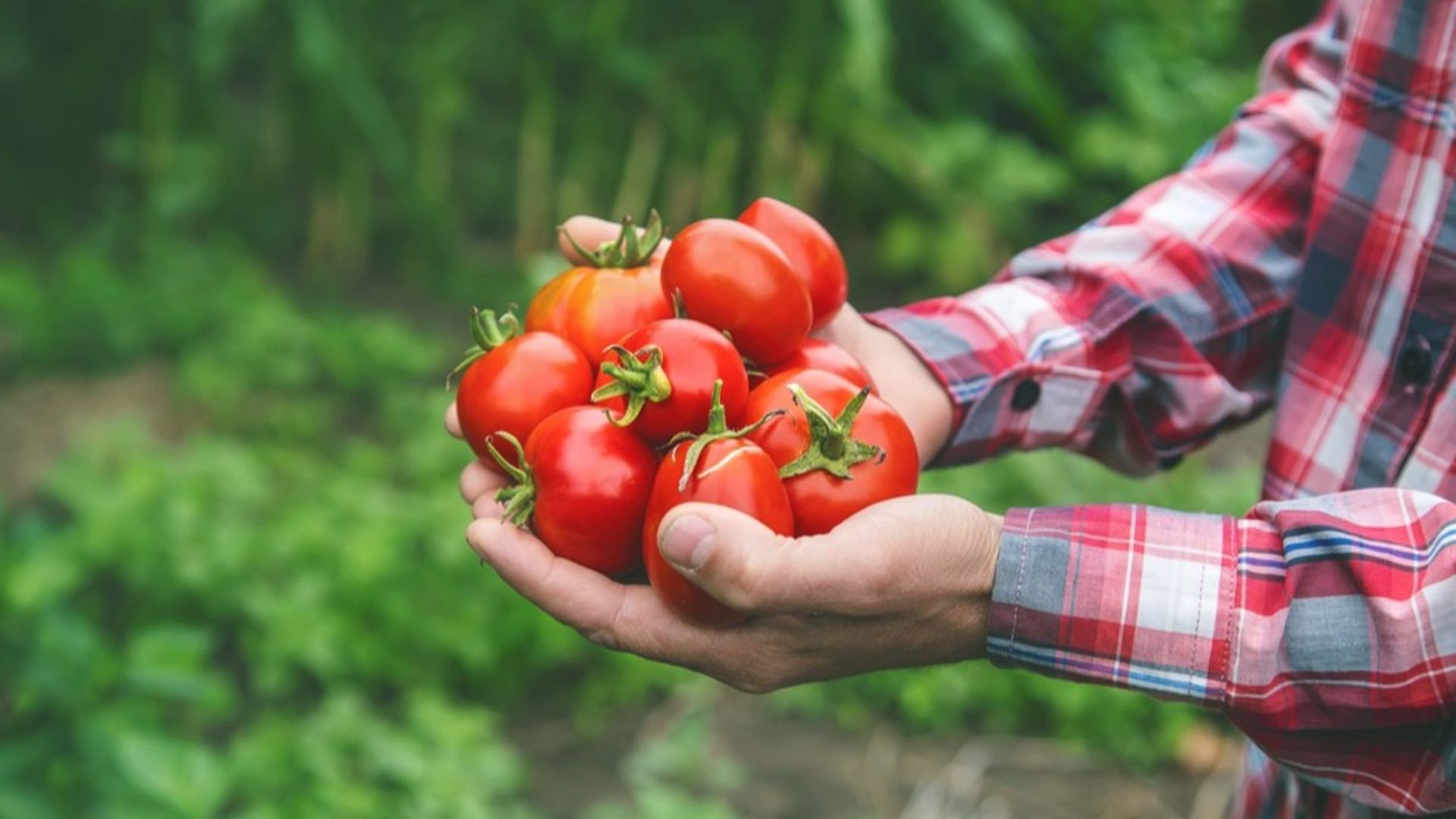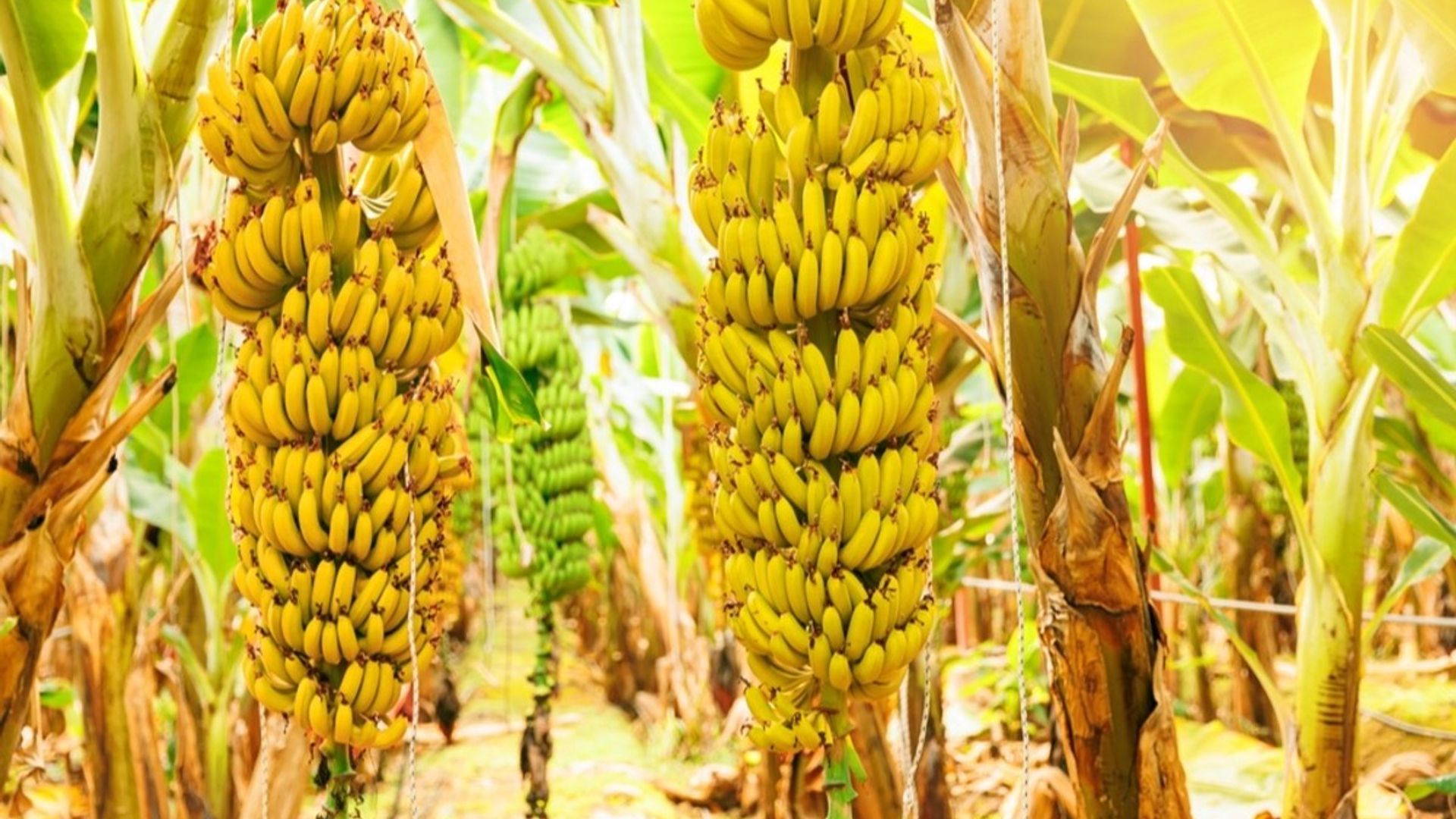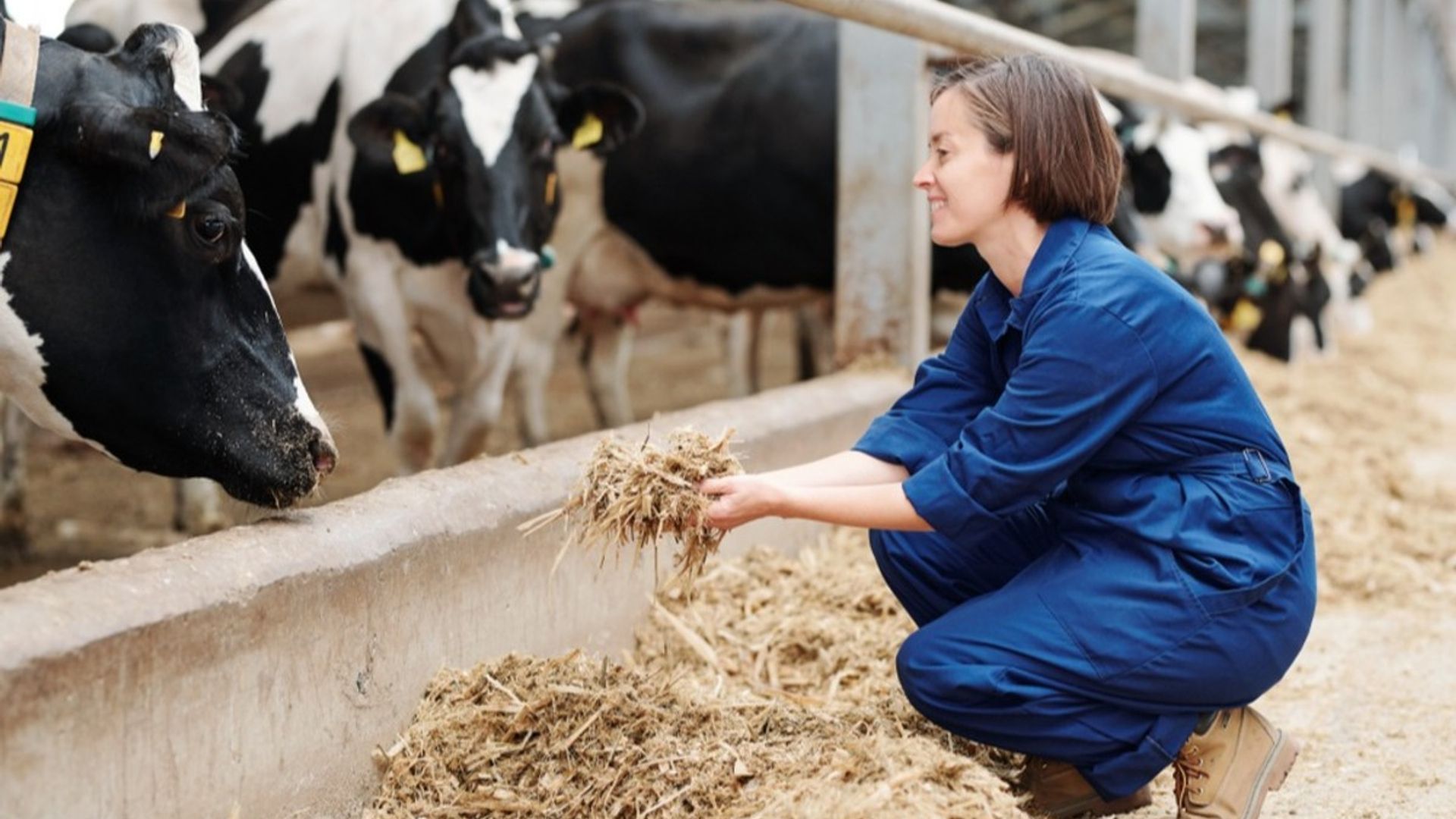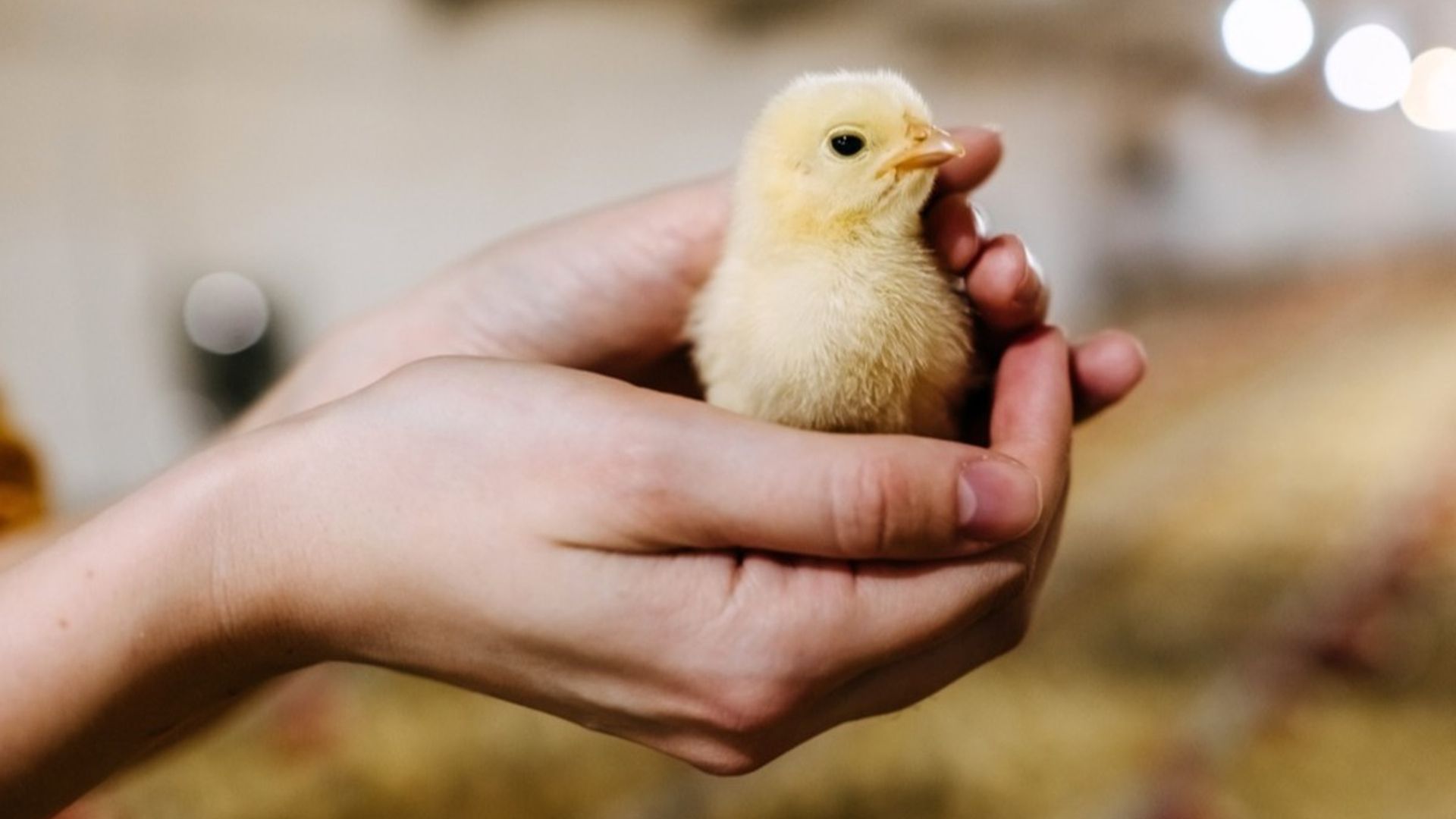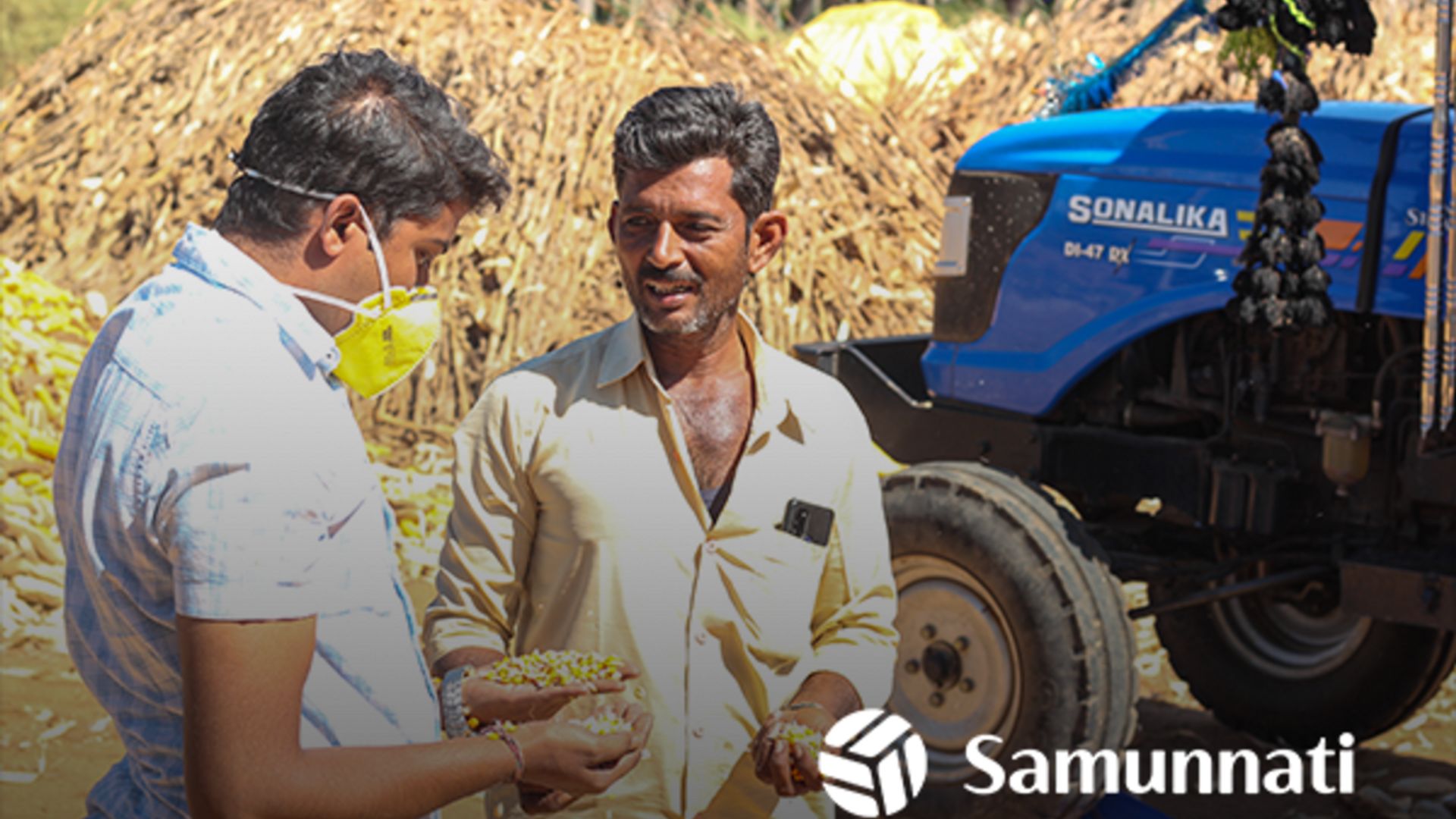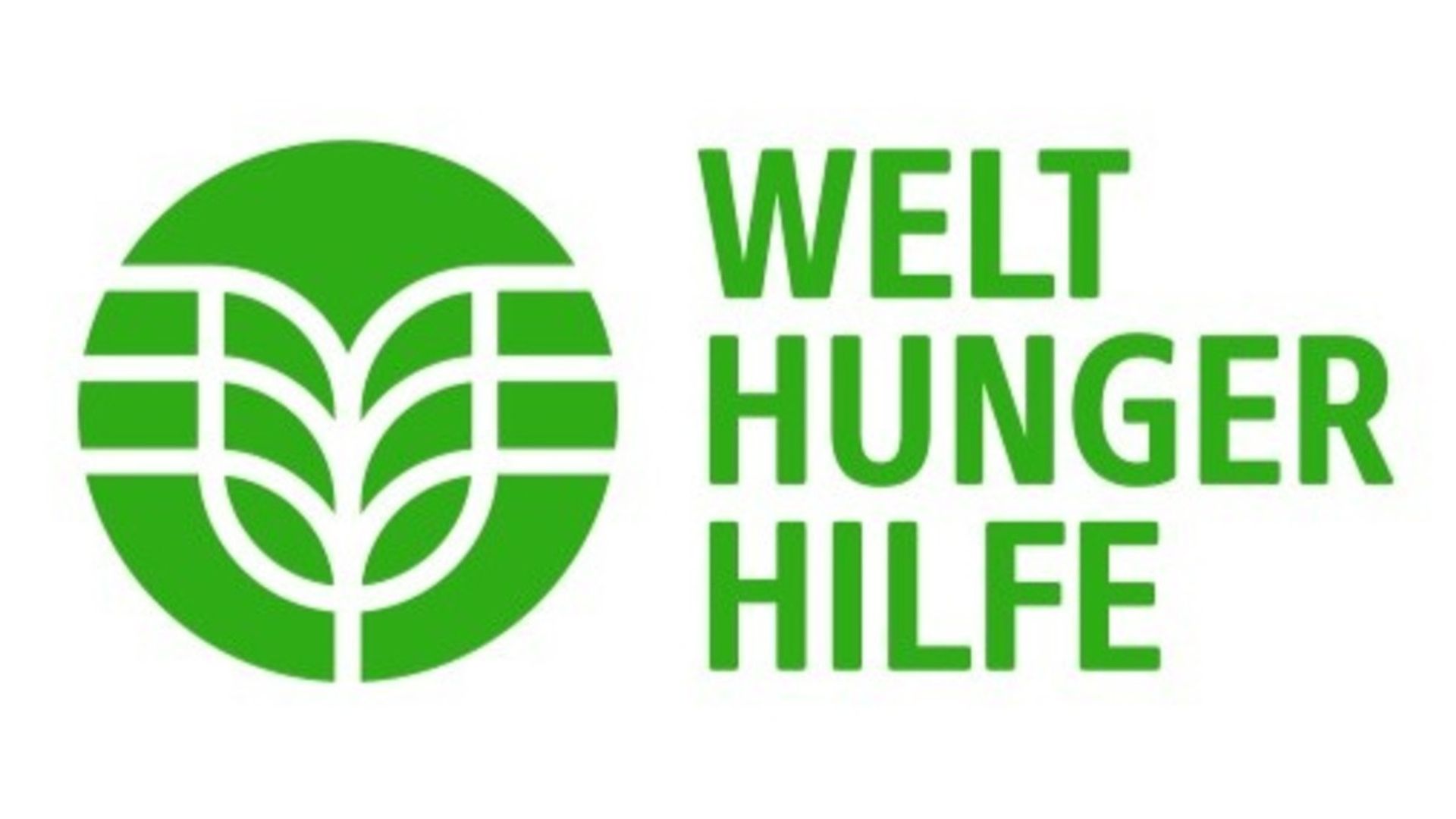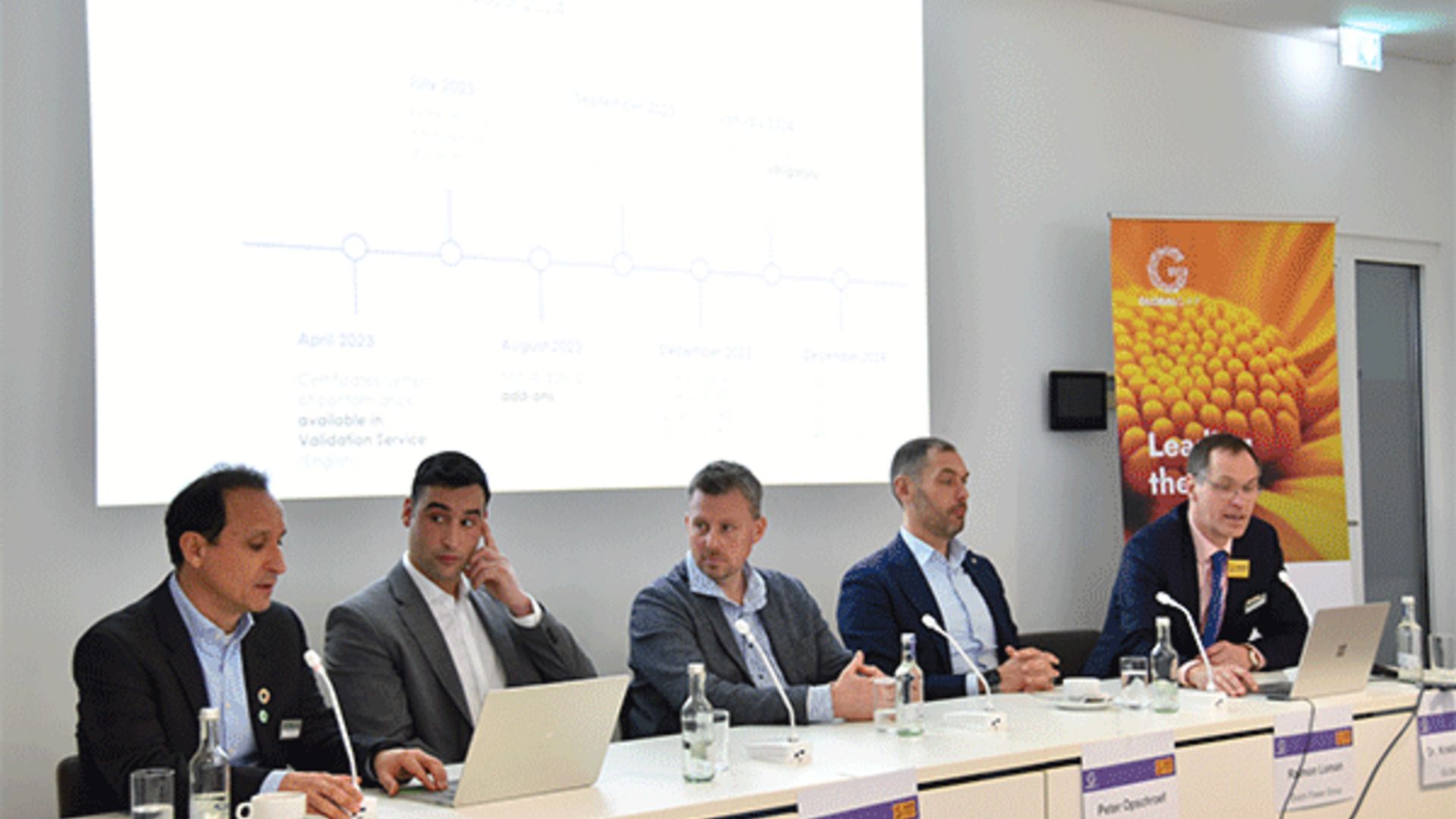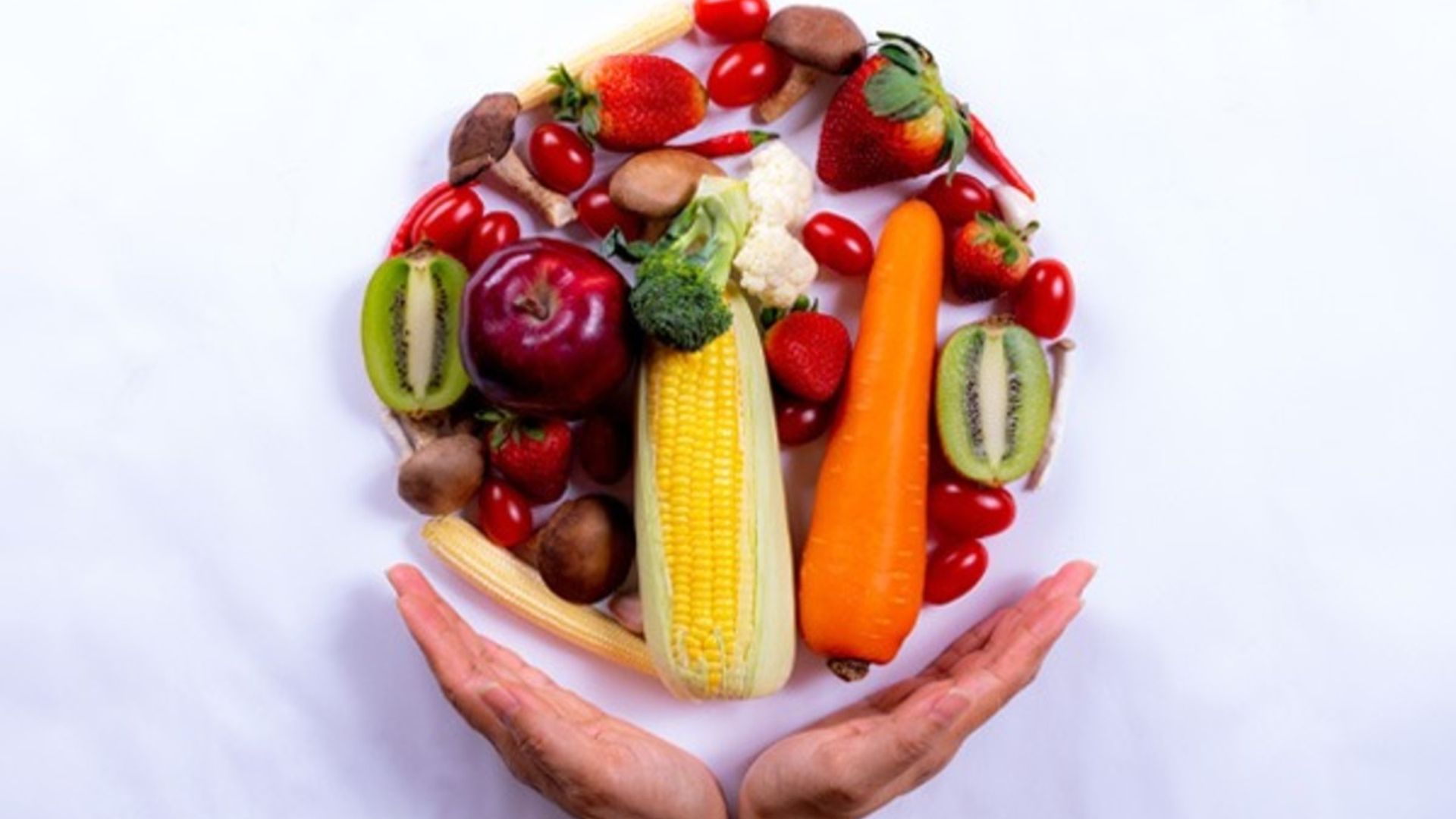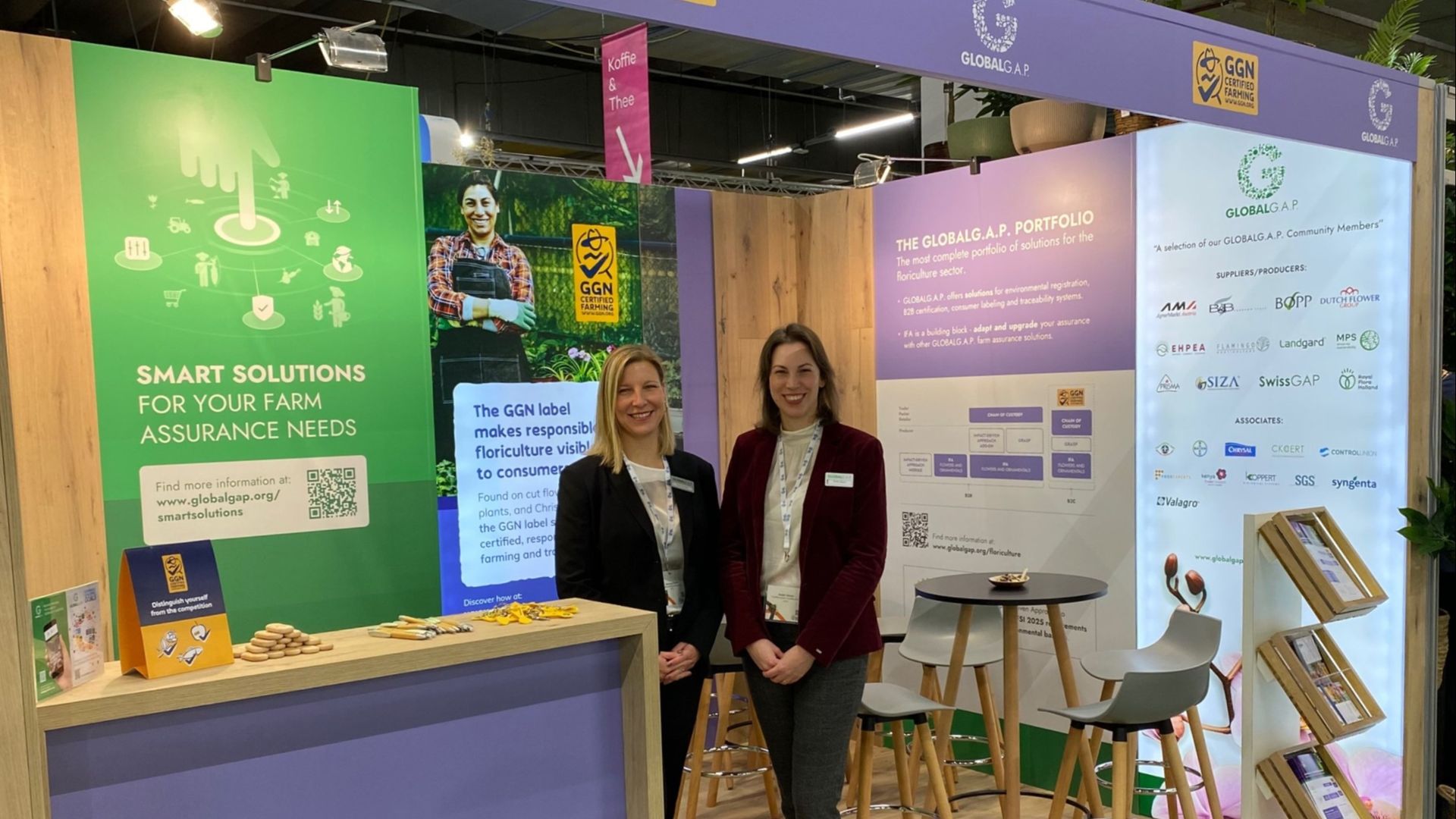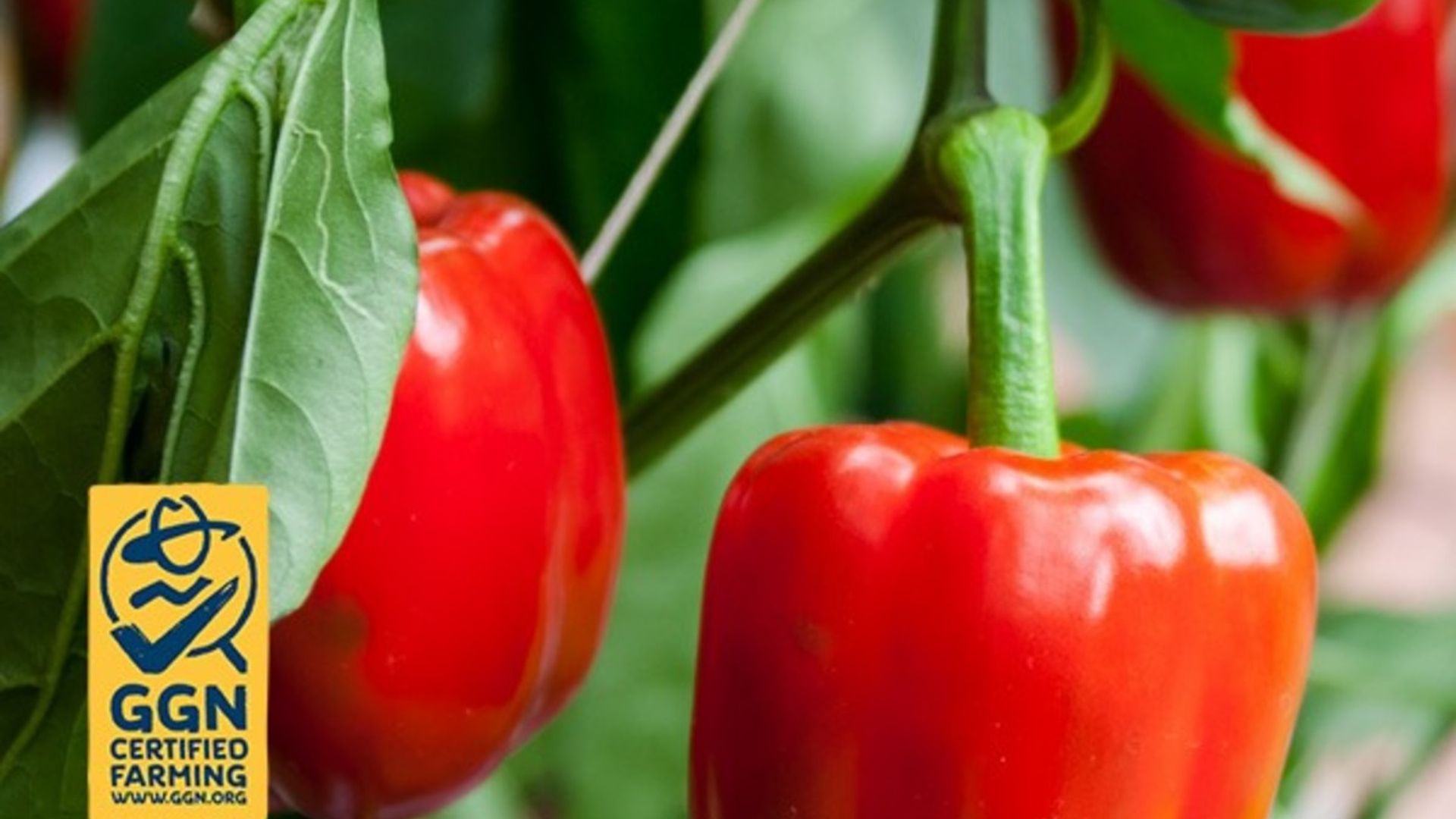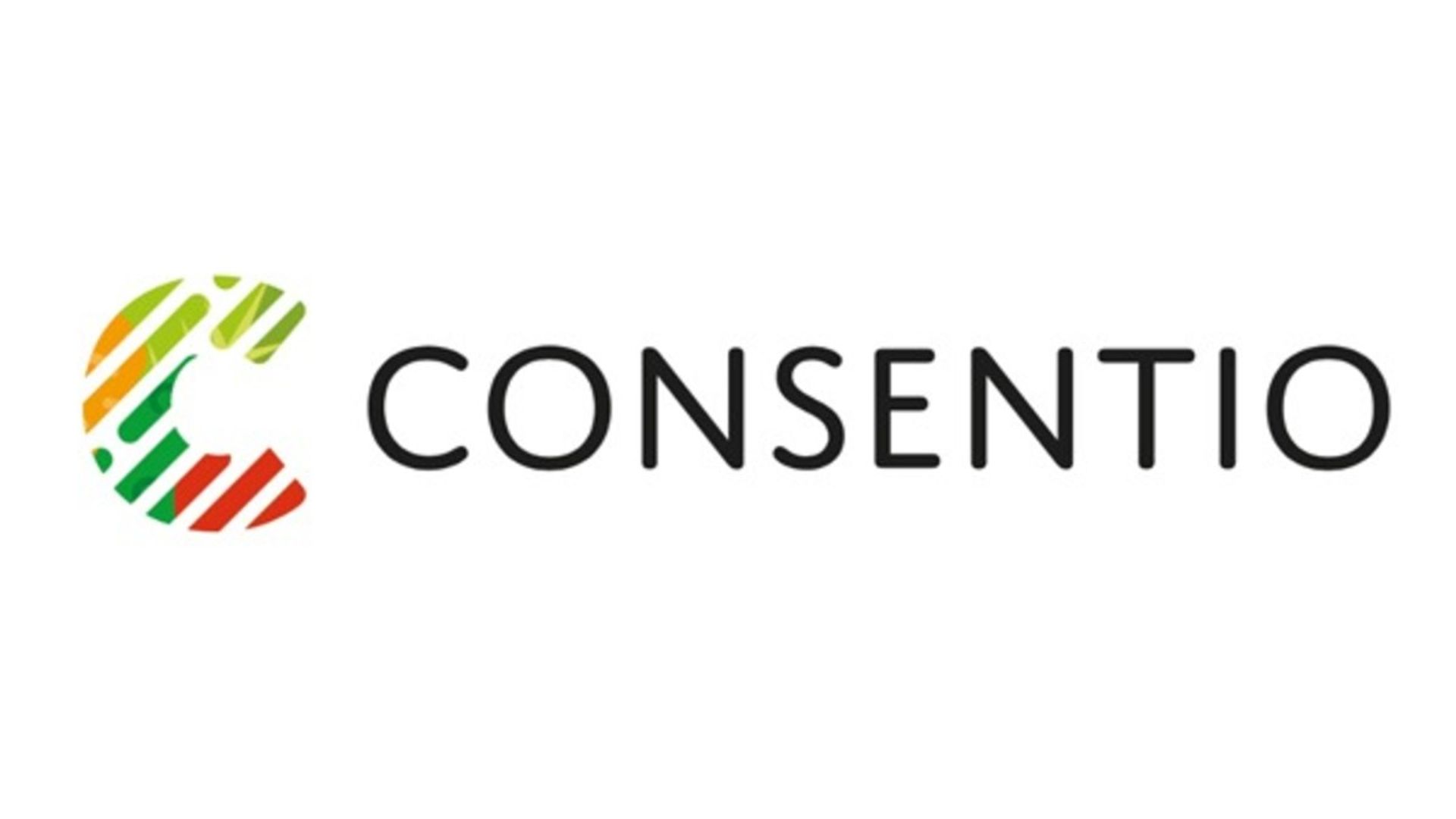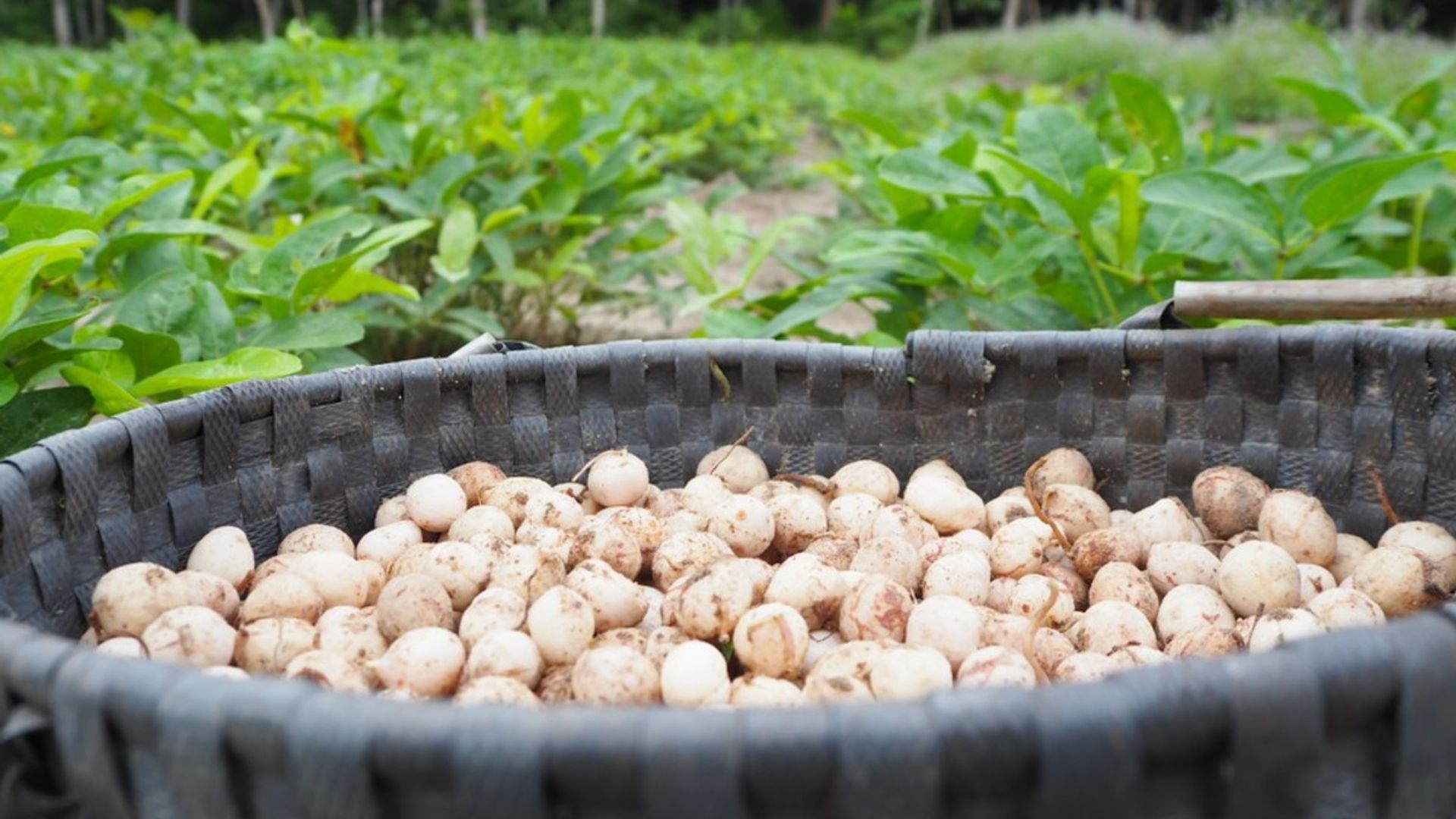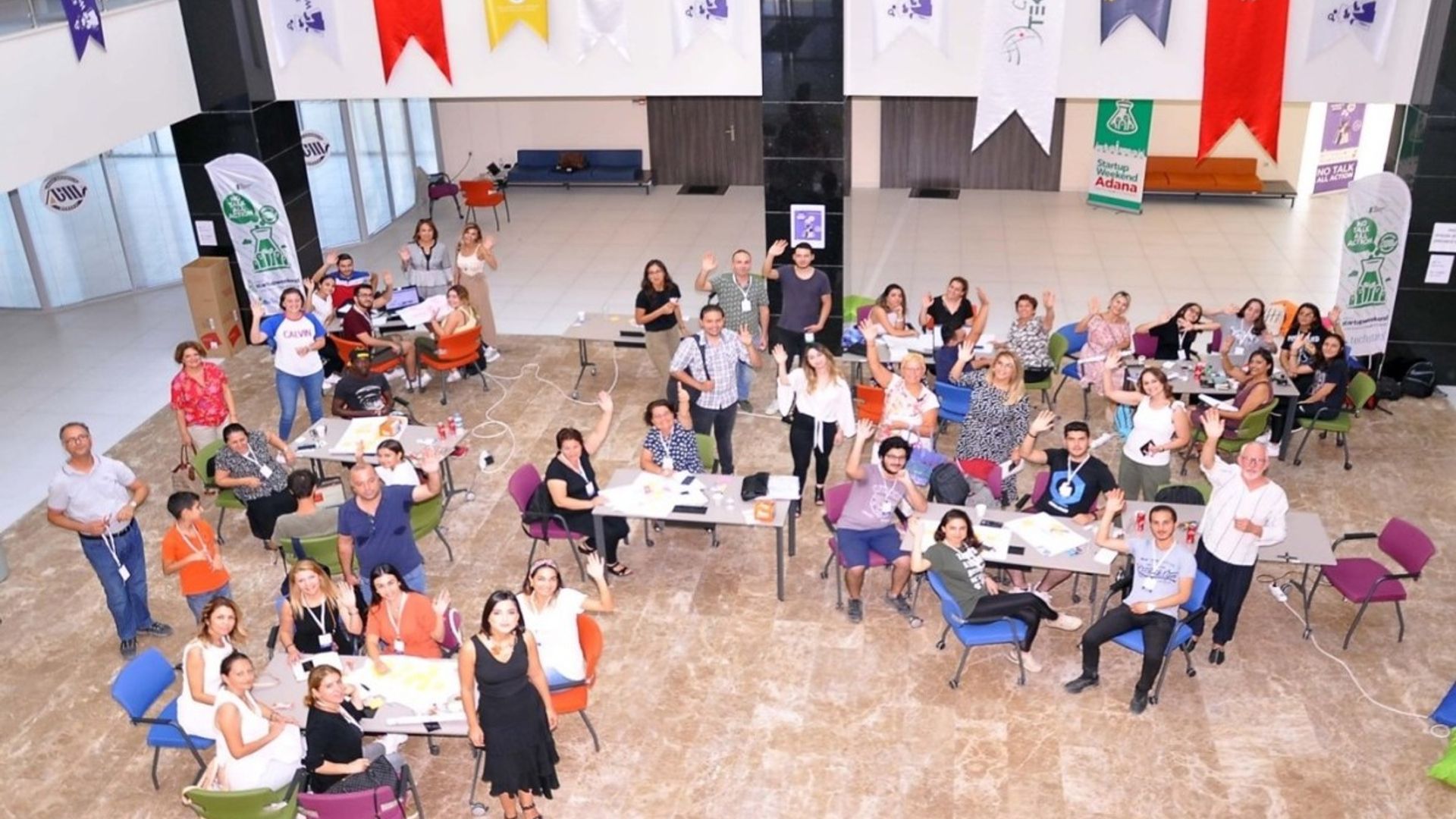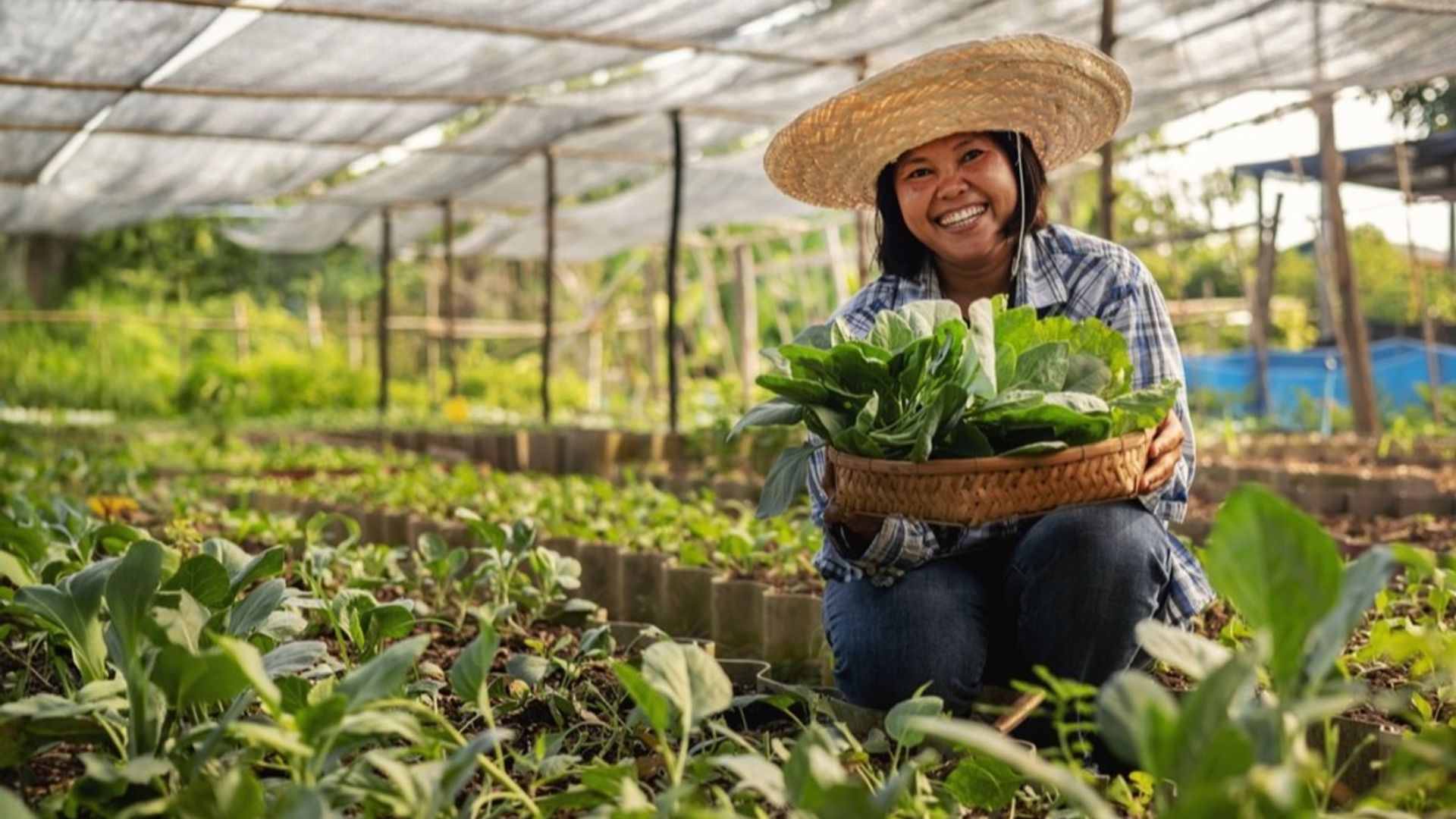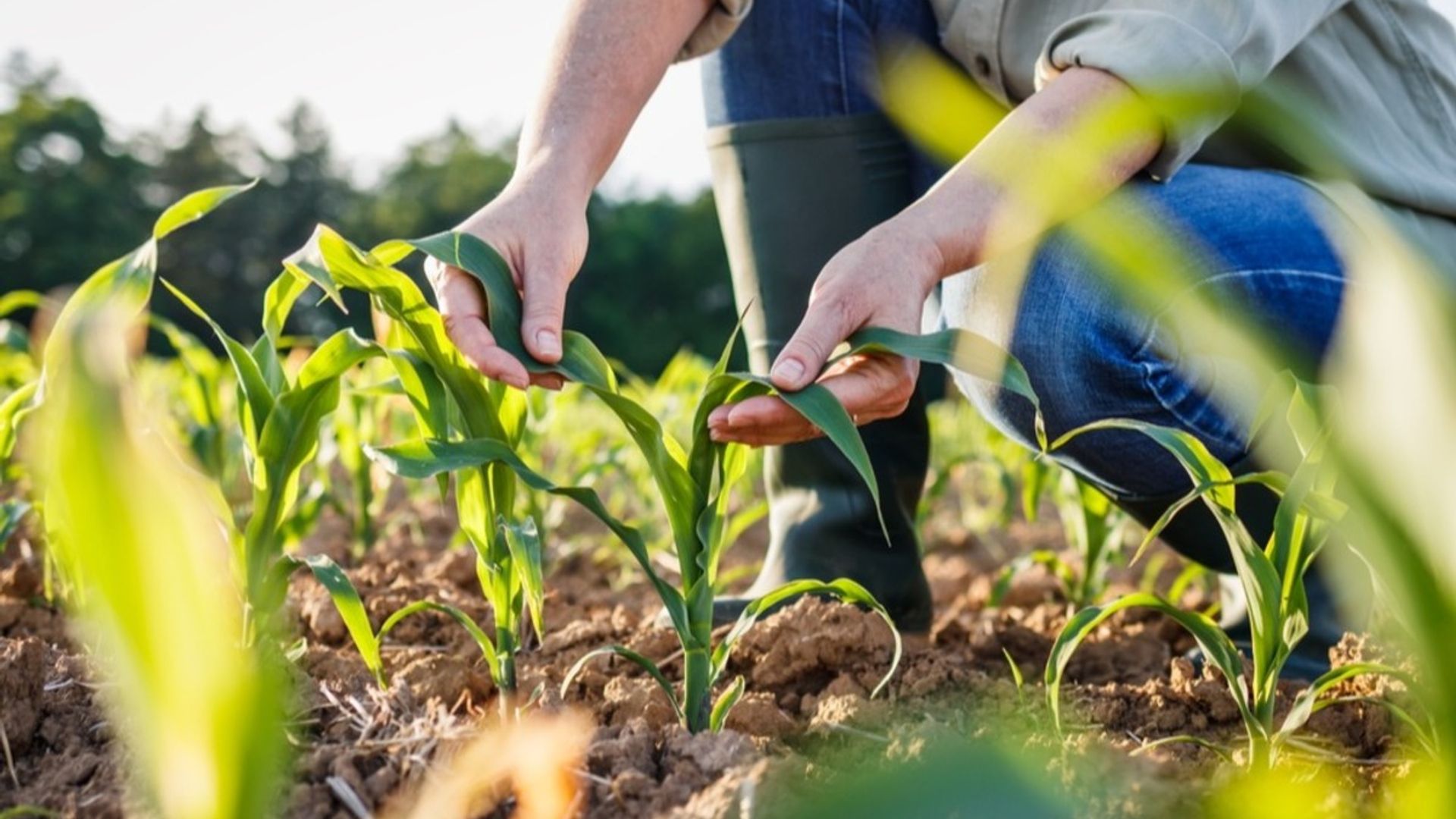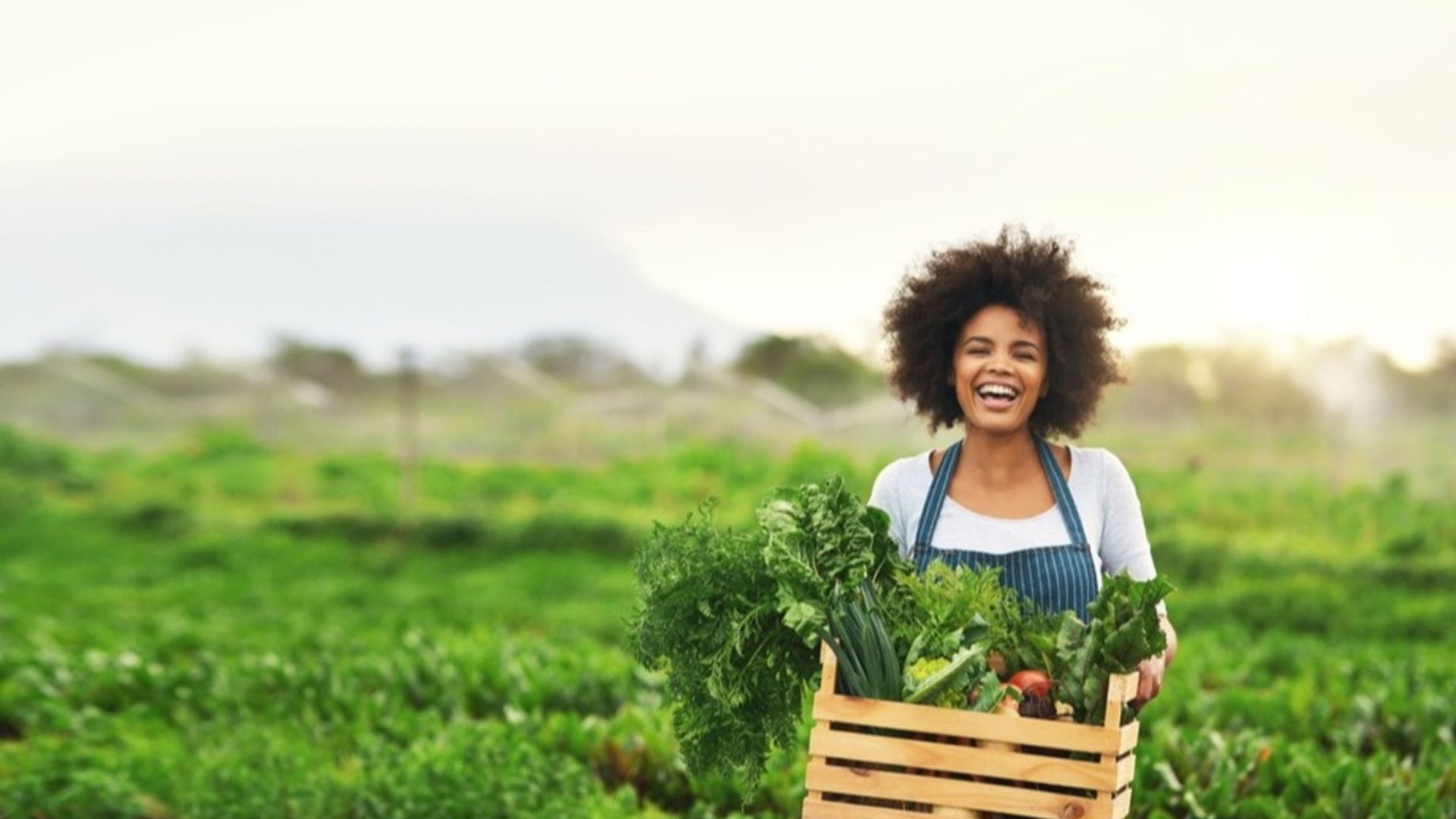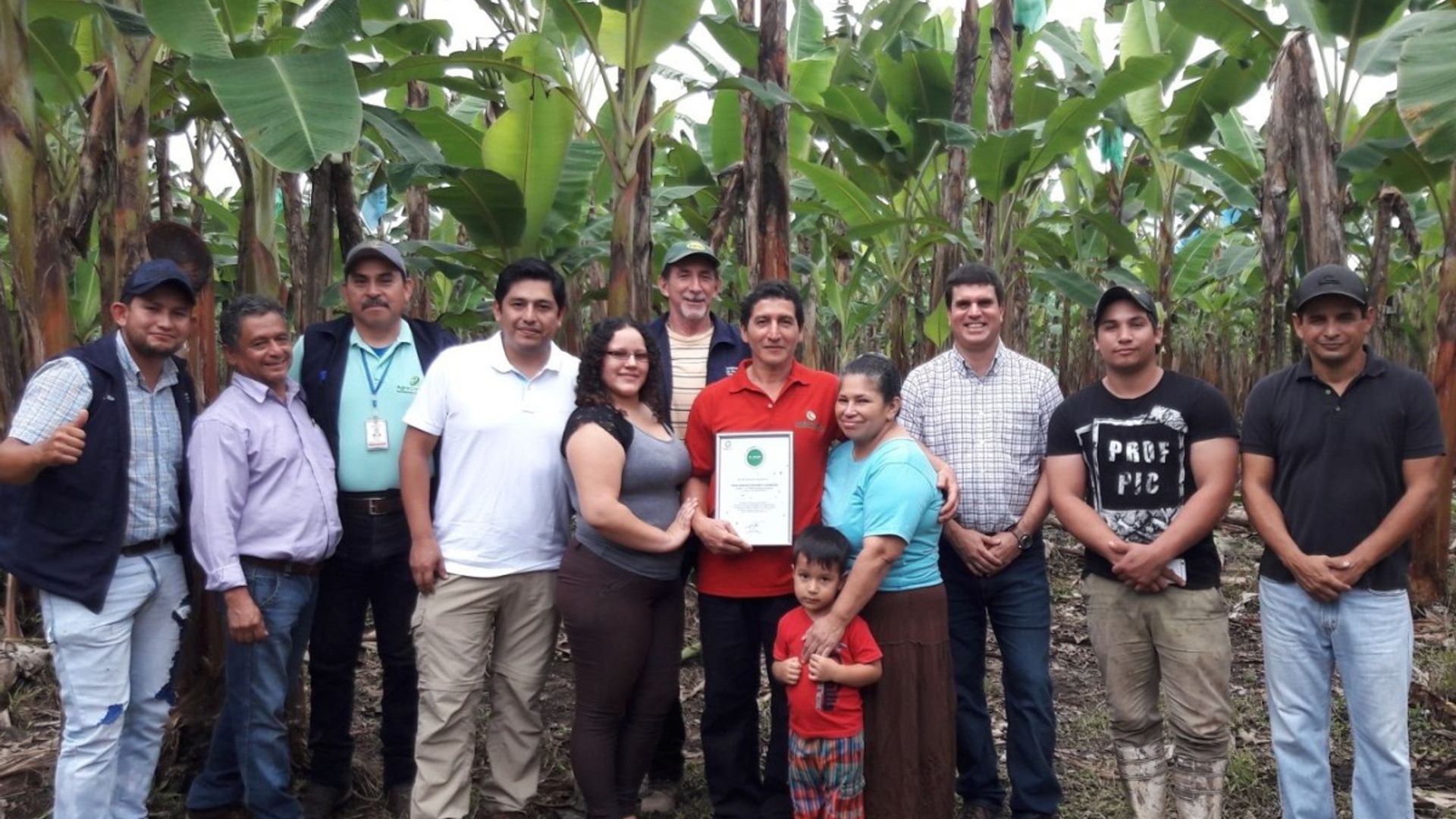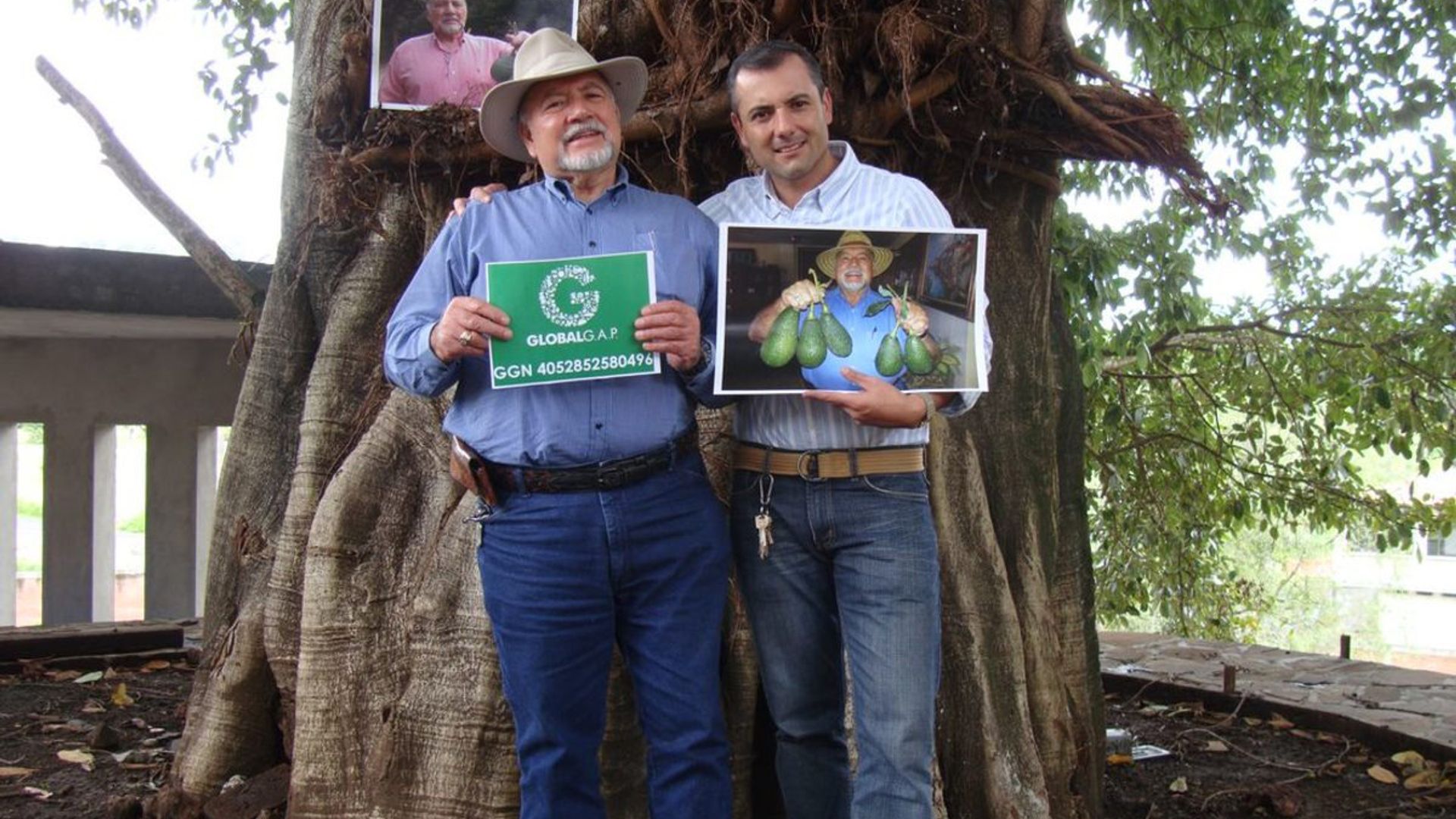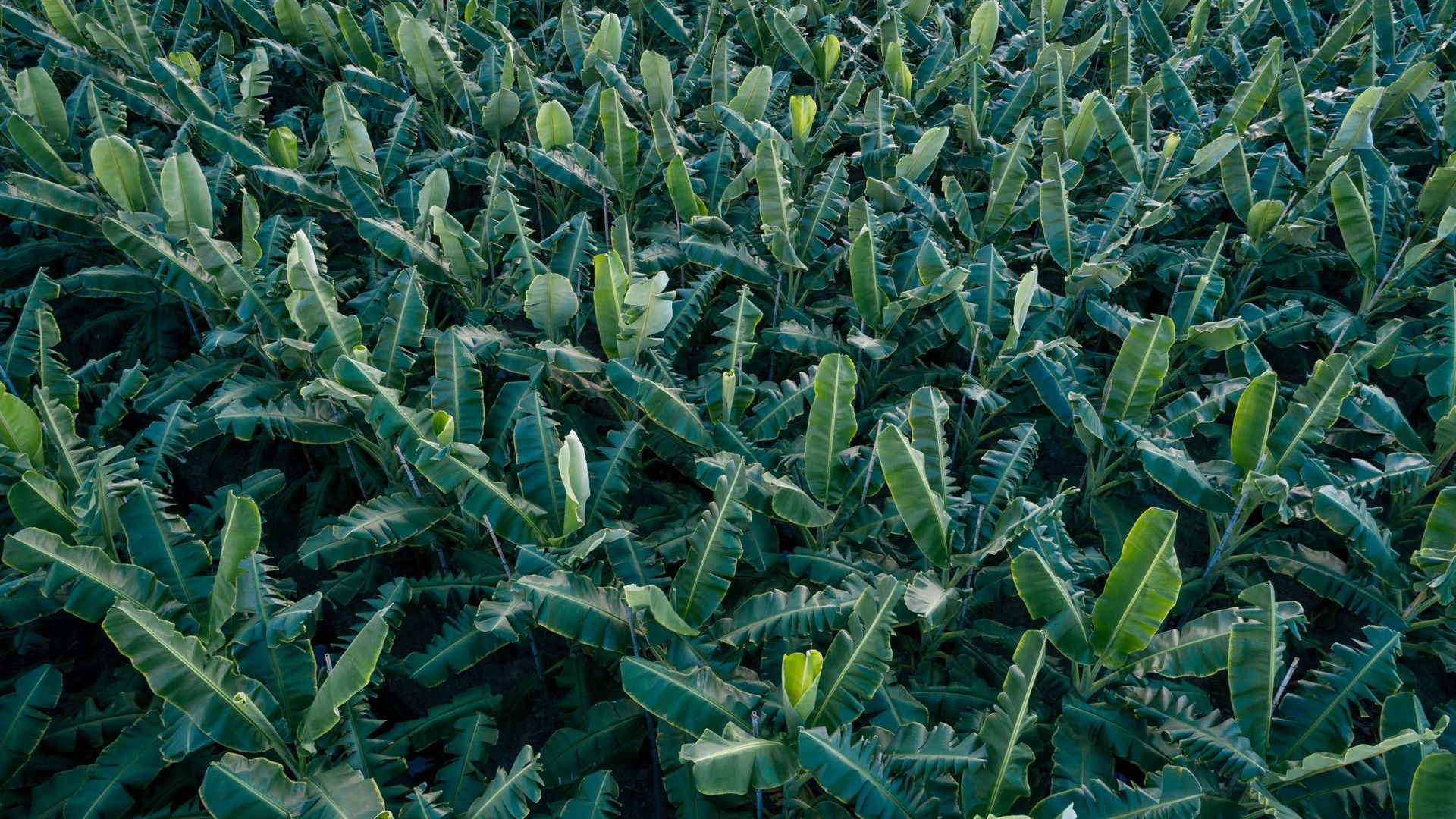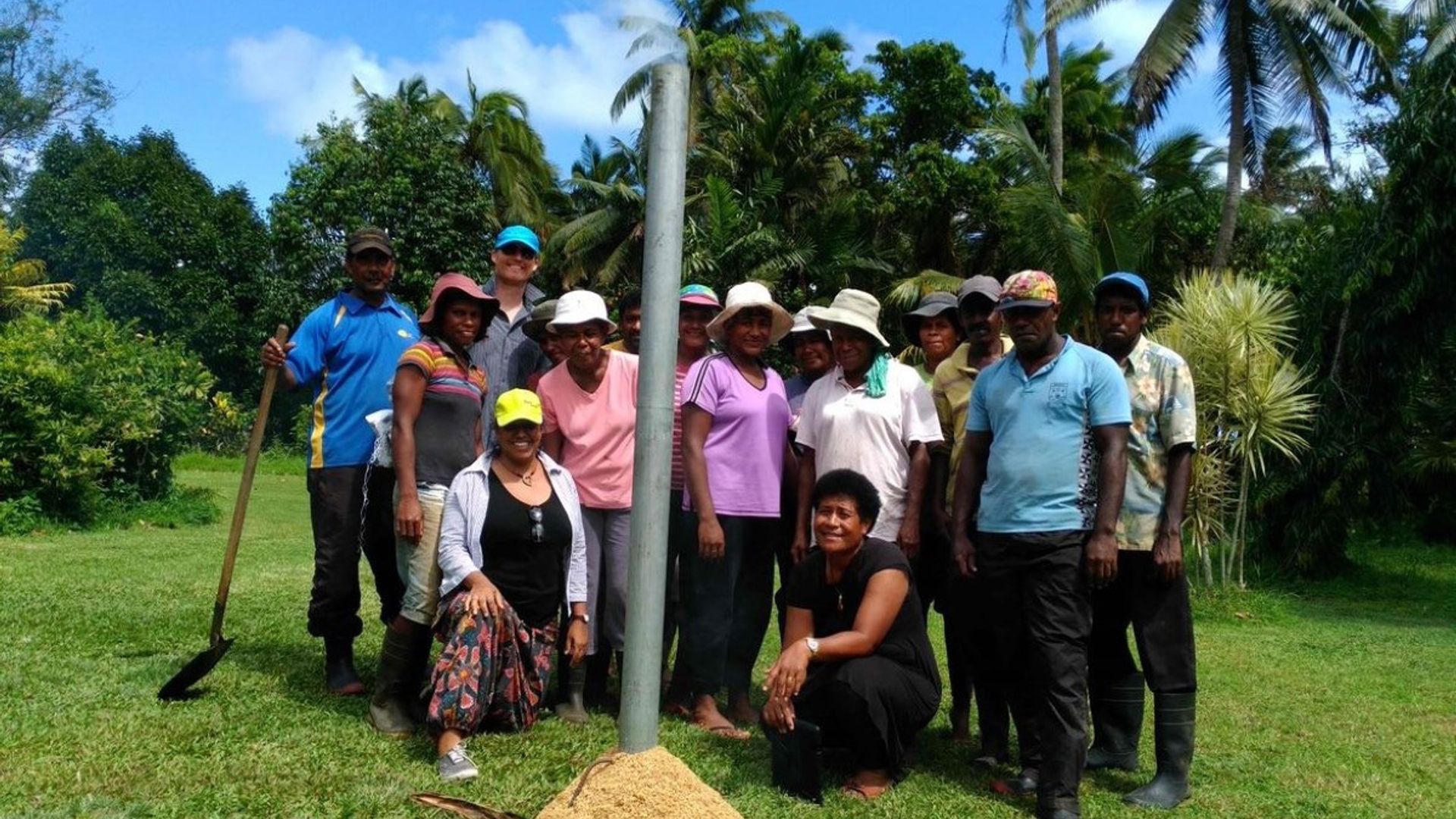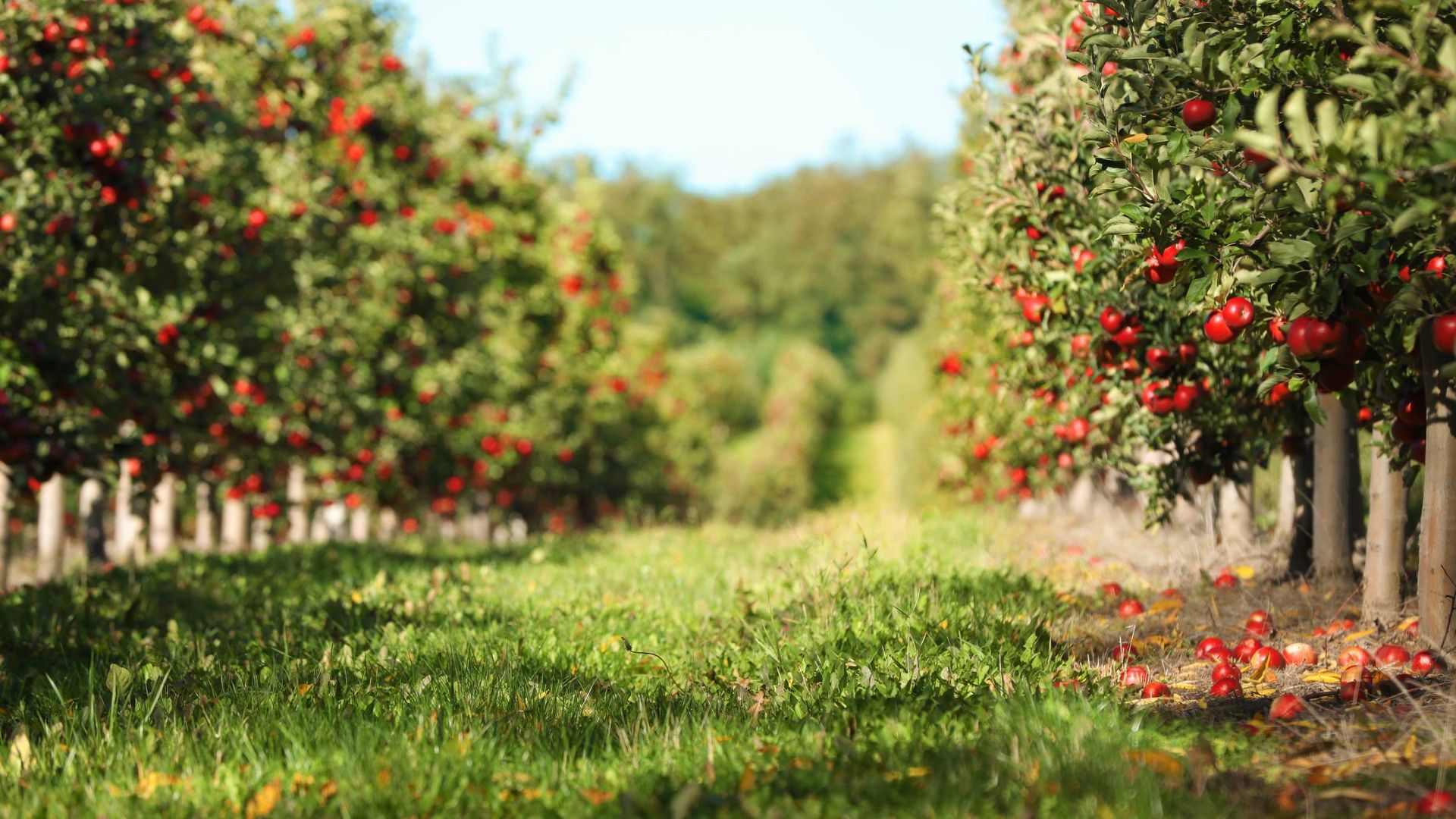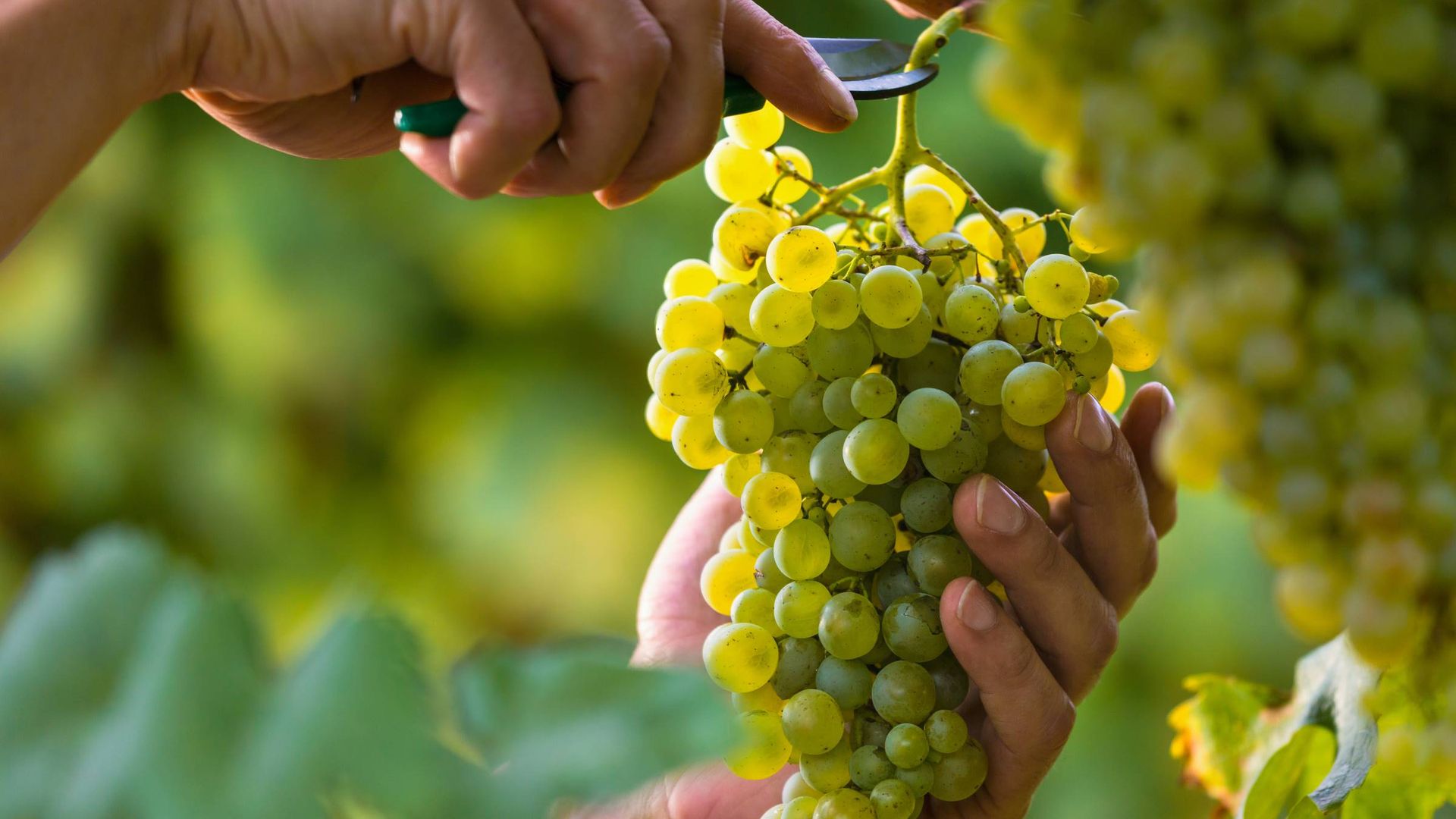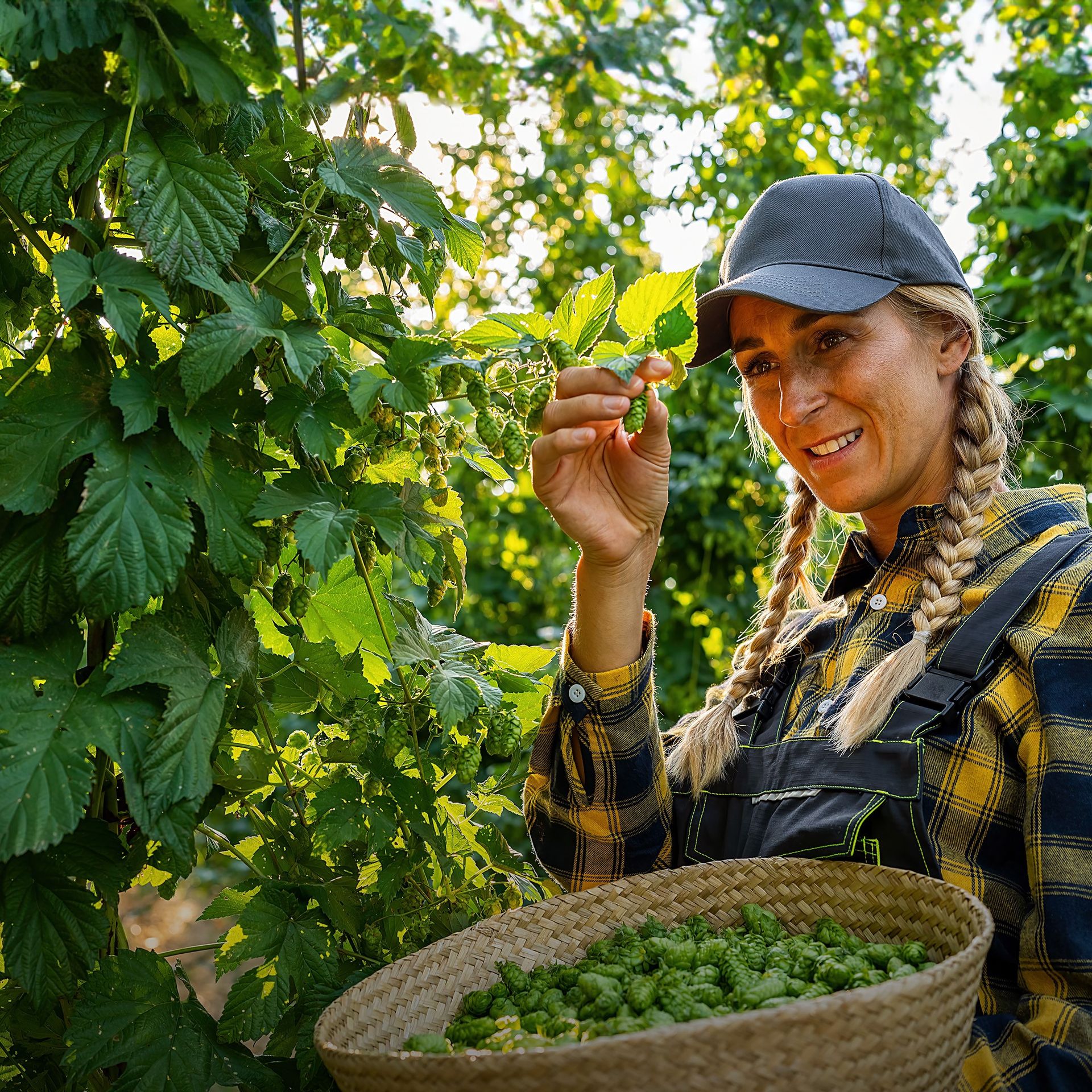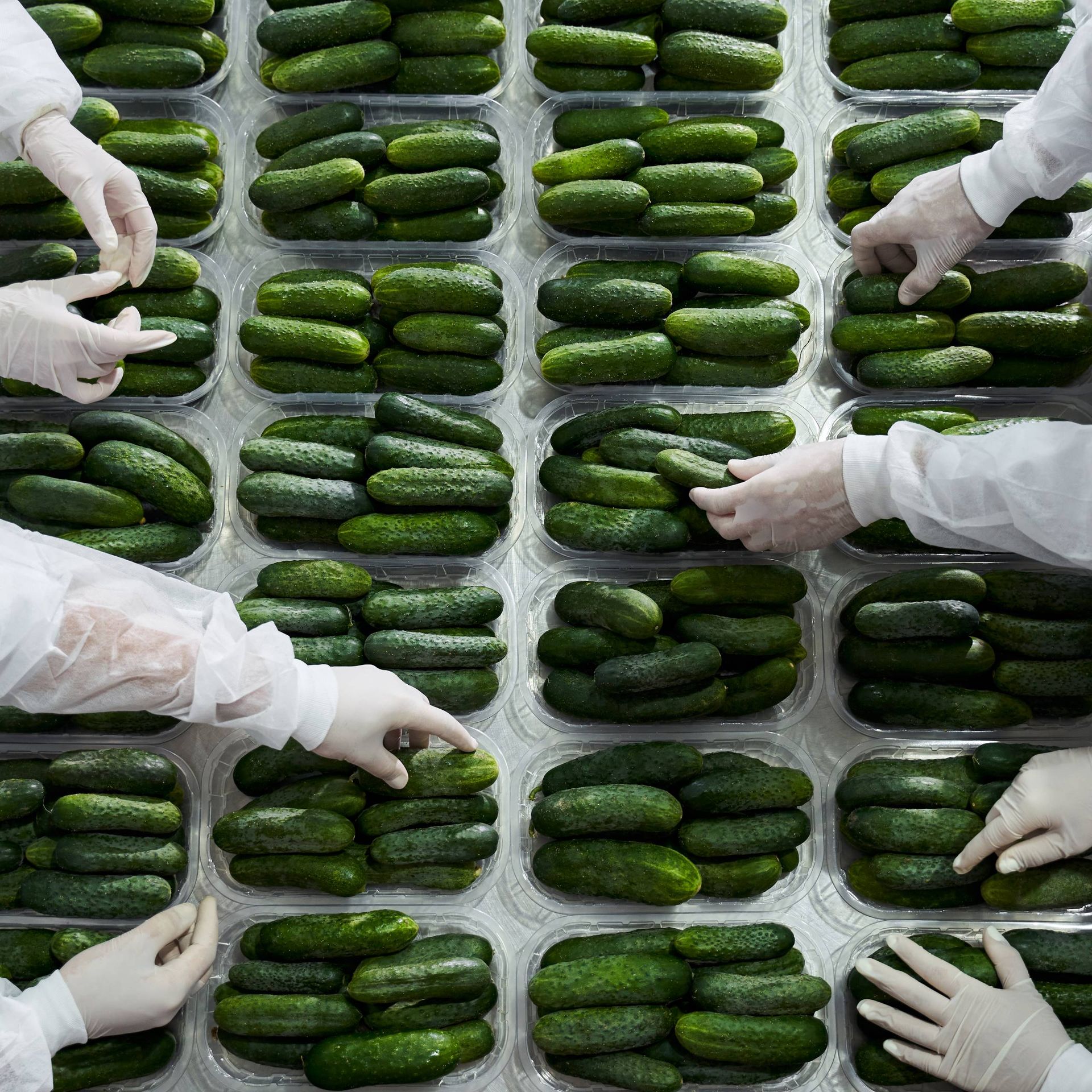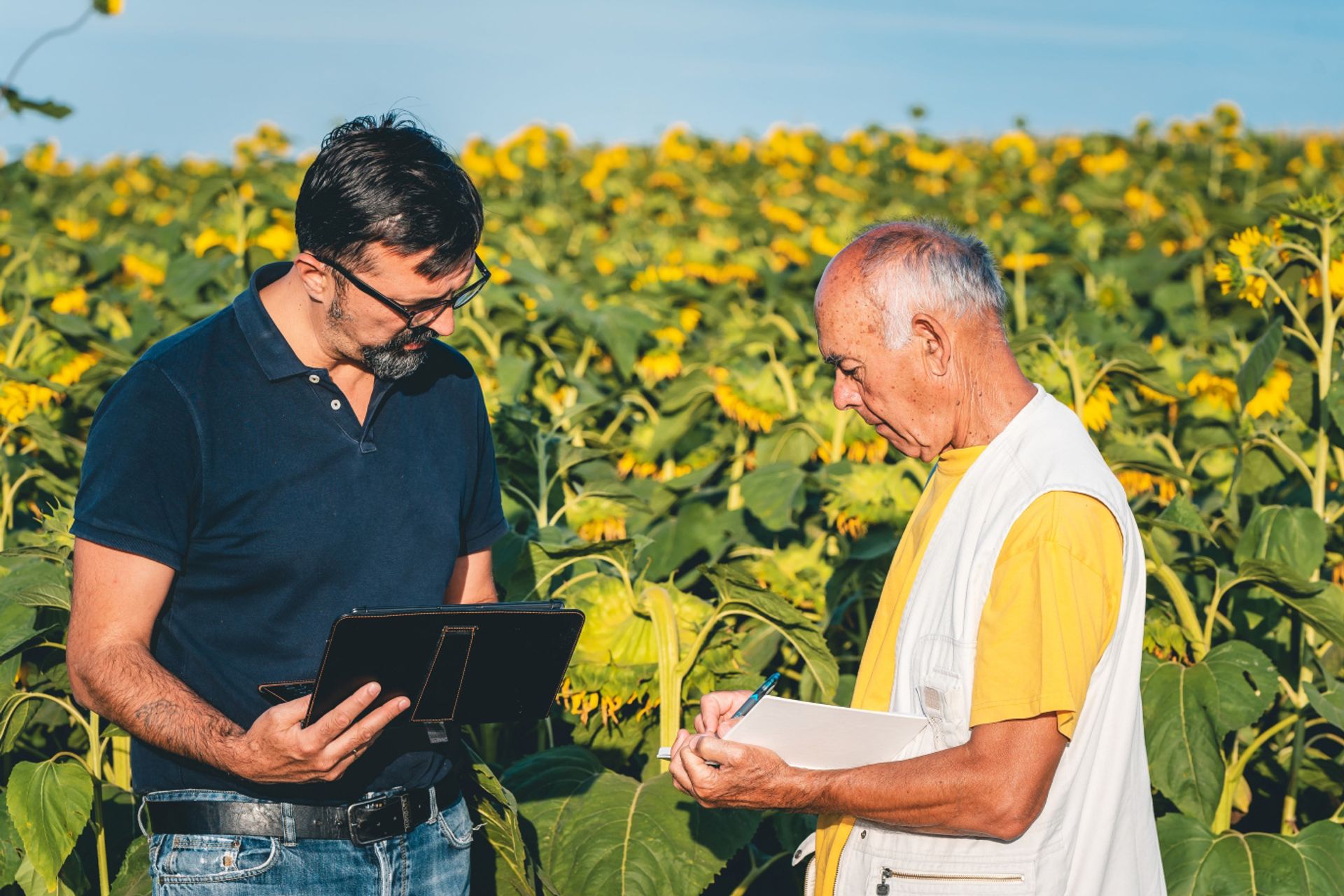Core solution
Produce Handling Assurance
Produce Handling Assurance (PHA) provides food safety and traceability certification of postharvest activities such as the cooling, packing, handling, and storage of crops for human consumption. It is recognized by the Global Food Safety Initiative (GFSI) and supports compliance with the Food Safety Modernization Act (FSMA).
Demonstrate responsible postharvest practices
What is Produce Handling Assurance?
Produce Handling Assurance (PHA) addresses food safety and traceability in postharvest preprocessing activities for crops under the categories of cooling, packing, repacking, and storage/distribution. It can be combined with Integrated Farm Assurance (IFA) or the Harmonized Produce Safety Standard (HPSS) to provide a complete certification option for producers with on-farm packing or other postharvest activities. The standard goes beyond existing postharvest handling requirements in IFA and HPSS to ensure that responsible processes are maintained after the primary production stage. It can also be used as a standalone certification option for independent postharvest facilities. PHA is benchmarked to the Global Food Safety Initiative (GFSI v2020.1) and is accepted by buyers globally.
PHA at a glance
Covers preprocessing
production stages after the point of harvest, including cooling, packing, repacking, handling, and storage
Audited in combination
with IFA (for fruit and vegetables/combinable crops/hops) or HPSS
Recognized by GFSI
with successful benchmarking against GFSI v2020.1 for Scope BIII – Pre-Process Handling of Plant Products
Incorporates FSMA
requirements from both the PSR and the PCHF Rule, reducing duplication for producers
Available to all qualified
preprocessing operations, from enclosed and open shed packhouses to cold storage (fully enclosed operations in the European Union excluded)
Audit reports and certificates
can be provided to importers, retailers, and other value chain stakeholders as evidence of an operation’s efforts toward FSMA implementation
Which topics does PHA address?
PHA is designed for preprocessing stages only – it does not cover processing activities that significantly alter or transform crops from their original harvested state.
The standard has been developed together with sector stakeholders. Our approach to standard setting ensures that PHA remains robust, realistic, and cost-efficient while meeting the evolving demands of buyers.
Core topics in PHA v1.2 include:
Hazard analysis
Product specification and labeling
Mass balance, chain of custody, and traceability
Staff health and hygiene
Facilities, cleaning, and sanitation
Water/Ice/Steam, cooling, and storage
Microbiological testing
Pest control
Waste management
Transportation
Discover more about how PHA helps you address challenges in the agriculture sector.
| Preprocessing activities covered by PHA | Processing activities not covered by PHA |
|---|---|
| Cleaning | Addition of ingredients |
| Cooling/Hydrocooling | Cooking |
| Drenching/Rinsing | Cutting/Dicing/Shredding |
| Drying (natural only, without a dehydrator) | Dehydrating |
| Grading/Sorting | Freezing/Individual quick freezing |
| Hulling | Juicing/Pressing |
| Labeling | Milling |
| Loading | Mixing/Packaging of mixed salads |
| Packing/Repacking | Mixing |
| Shelling | Modified atmosphere packing (MAP) |
| Storage/Cold storage | Pasteurization |
| Threshing | Peeling |
| Trimming (foliage, husks, roots, stems) | Production of prepackaged ready-to-eat (RTE) foods |
| Washing | Roasting |
| Waxing | Vacuum packing |
Who should use PHA?
PHA is applicable globally to producers or postharvest operations that supply fruit and vegetables, combinable crops, or hops. Only the company legally responsible for packing, handling, or holding the crops can apply for PHA.
The standard is available for both the on-farm facilities of producers with GLOBALG.A.P. certification as well as independent operations that source from GLOBALG.A.P. certified production processes.
It offers GFSI-recognized certification (preprocessing only) for the following categories:
Packhouses
Cooling/Cold storage
Storage
Repacking
Open shed operations can get certification in any country where a GLOBALG.A.P. approved certification body (CB) conducts audits. Fully enclosed operations can get certification globally unless they are located in the European Union.
There is no group certification for PHA. Multisite certification is possible, and all sites of a legal entity (locations where products are handled) must be individually audited every year.
How does PHA work?
Compliance with the standard requirements is audited annually by an accredited and independent third-party CB. This CB audit may be combined with an IFA or HPSS CB audit (or an audit against a benchmarked scheme/checklist).
Producers can choose from any GLOBALG.A.P. approved CB active in the relevant country.
A successful CB audit results in a certificate valid for one year.
The certificate is awarded to the legal entity. Each site is certified individually and listed in the certificate annex.
The standard is composed of control points and compliance criteria (CPCCs). CPCCs are graded in two levels: Major Must and Minor Must.
Control points
Fundamentals that set the foundation of a GLOBALG.A.P. requirement
Written in question form
Compliance criteria
Methods that producers can use to demonstrate a control point to be true
Evidence required for demonstrating that the outcome is achieved
Read more about the audit process and standard requirements.
How is certification status verified?
Every producer registered in the GLOBALG.A.P. certification system is assigned a 13-digit GLOBALG.A.P. identification number (e.g., a GLOBALG.A.P. Number (GGN), or in the case of PHA, a Produce Handling Assurance Number (PHA-N)). This number allows real-time verification of certification status in the GLOBALG.A.P. IT systems, upholding our rigorous transparency requirements throughout the supply chain.
Producers can control data access and privacy rights for audit reports, and the reports are not shared publicly or with third parties. This process is handled via your chosen CB.
GLOBALG.A.P. Chain of Custody
PHA-certified operations that complete section 6 of the checklist – “Chain of Custody (CoC)” – may also receive a CoC certificate, enabling market claims such as the use of the GGN label. Learn more about the benefits of CoC certification and the consumer facing GGN label initiative.
Latest news
11 April 2024
New GLOBALG.A.P. webinar series: A guide to IFA v6 transition
Hosted by GLOBALG.A.P. experts, our latest free webinar series is designed to help producers transition seamlessly to IFA version 6 for flowers and ornamentals, fruit and vegetables, and aquaculture. Find your webinar today!
26 March 2024
Exploring Fish International 2024
Read about our experience at Fish International 2024, the biennial German trade fair for the fish and seafood sector held in Bremen. As usual, the GLOBALG.A.P. and GGN label brands shared an exhibition booth and our experts enjoyed meeting you there.
Looking for technical news?
Technical news updates for core solutions can be found in our technical news libraries.
Meet international export requirements
Why choose Produce Handling Assurance?
Produce Handling Assurance (PHA) offers food safety and traceability certification for responsible postharvest activities. Applicable to fruit and vegetables, combinable crops, and hops, PHA is accepted by buyers in the US market and beyond who seek suppliers who comply with the requirements of the Global Food Safety Initiative (GFSI). The standard is available for both the on-farm facilities of producers with GLOBALG.A.P. certification as well as independent postharvest operations that source from GLOBALG.A.P. certified production processes, enabling both to demonstrate their efforts towards the implementation of Food Safety Modernization Act (FSMA) requirements.
Which industry challenges does PHA address?
Many retailers request an additional standalone postharvest certification that includes a specific focus on hazard analysis and critical control points (HACCP).
Before PHA, existing standards were developed for complicated postharvest operations such as processing and manufacturing. These standards were not appropriate for preprocessing activities such as packing, cooling, and storage.
Under FSMA, postharvest operations also require a solution for demonstrating compliance with the Produce Safety Rule (PSR) and the Current Good Manufacturing Practices (CGMP) aspects of the Preventive Controls for Human Food (PCHF) Rule.
Buyers are therefore seeking independent assurances to mitigate food safety and reputational risks at the postharvest stage, and supply chain stakeholders are faced with an increasing number of audits to satisfy them.
PHA can be implemented both as a standalone postharvest certification, and in combination with other GLOBALG.A.P. standards and add-ons for primary production.
Follow our five steps to certification to get started today.
What are the benefits for producers?
Reduce exposure to food safety and product safety reputational risks in postharvest processes.
Achieve independent third-party verification of safe, responsible, and traceable handling practices.
Comply with export market requirements, gaining access to buyers that seek GFSI-recognized packhouse certification.
Demonstrate your commitment to FSMA compliance for both the PSR and the PCHF Rule, with an audit report and certificate that can be provided to buyers as evidence of implementation.
Reduce audit duplication and the costs of certification by combining a PHA audit with other GLOBALG.A.P. standards and add-ons for primary production.
What are the benefits for supply chain stakeholders?
Reduce exposure to food safety and product safety reputational risks in postharvest processes.
Support stakeholder-driven smart farm assurance solutions – developed by the industry, for the industry – reducing audit duplication and the costs of certification.
Gain access to global suppliers with independently certified and GFSI-recognized postharvest processes.
Receive assurances on the implementation of FSMA requirements for both the PSR and the PCHF Rule.
Maintaining trust in GLOBALG.A.P. certification
The GLOBALG.A.P. Integrity Program was founded in 2008 as the first of its kind in food certification. Designed to ensure the consistent delivery and implementation of GLOBALG.A.P. standards and add-ons worldwide, the program monitors and assesses all aspects of the third-party certification process.
Which solutions can be combined with PHA?
PHA can be implemented by producers with GLOBALG.A.P. certified primary production processes and independent postharvest operations that source from GLOBALG.A.P. certified production processes. The GLOBALG.A.P. portfolio also offers further solutions to address FSMA requirements for producers based in or exporting to the US market.
Learn more about GLOBALG.A.P. smart farm assurance solutions.
You may also be interested in...
Integrated Farm Assurance for fruit and vegetables
IFA is a global standard for safe and responsible farming practices in fruit and vegetable production.
Integrated Farm Assurance for combinable crops
IFA is a global standard for safe and responsible farming practices in combinable crops production.
Harmonized Produce Safety Standard
HPSS is a GFSI-recognized, FSMA-aligned food safety standard based on the Combined Harmonized Standard from the IFPA’s Produce GAP Harmonization Initiative.
Ready to get started?
Use our Smart Checklist Builder to easily understand which GLOBALG.A.P. smart farm assurance solutions are recommended for your production practices and generate a personalized checklist for your self-assessment.
Your guide to implementation
How to prepare for a Produce Handling Assurance audit
Learn more about the key documents and fee structure of Produce Handling Assurance (PHA). Follow our five steps to certification for an overview of the certification process, and find a GLOBALG.A.P. approved certification body (CB) in your area to get started.
Implementation and CB audit process
How does the CB audit process work?
PHA compliance is audited annually by accredited and independent third-party CBs. For producers with existing GLOBALG.A.P. certification, compliance with the PHA requirements can be audited together with the Integrated Farm Assurance (IFA) or Harmonized Produce Safety Standard (HPSS) audit.
Producers can choose from any GLOBALG.A.P. approved CB active in the relevant country.
A successful CB audit results in a certificate valid for one year.
The CB is responsible for uploading the audit report and maintaining the accuracy of producer data in the GLOBALG.A.P. IT systems.
Producers will be audited annually by the CB as part of the renewal process.
Which documents are required?
PHA general regulations: Rules that define how the certification process works, from the scope of the standard to the audit requirements.
Control points and compliance criteria (CPCCs): Control points are the fundamental requirements for each standard. They are written in question form and are accompanied by corresponding compliance criteria that detail how a producer must demonstrate compliance.
Checklist: The full list of CPCCs as used by CB auditors, enabling producers to conduct a self-assessment in preparation for the CB audit.
Which version of PHA is currently valid?
PHA is currently valid in version 1.2.
PHA v1.2 was published in July 2020 and became obligatory on 1 October 2020. The PHA general regulations underwent a minor update to v1.2-1 in October 2021, becoming obligatory on 1 January 2022.
The FAQ contains more information on documents, certification renewal, and more.
What are the PHA standard requirements?
CPCCs are graded in two levels: Major Must and Minor Must.
To achieve certification, producers must comply with 100% of the Major Musts and at least 95% of the Minor Musts.
Corrective actions must be proposed for all non-compliances and submitted to the CB within the specified period.
Non-compliances must then be verified as corrected and compliant by the CB before a certificate can be issued.
How much does PHA certification cost?
Each farm/packhouse operation is unique, and the total costs of certification depend on a combination of factors such as farm size, number of sites, location, necessary preparation measures (such as establishing new procedures, updating equipment, etc.), and more. PHA contains three cost elements:
Implementation costs: Incurred by the producer/postharvest operation to prepare for the CB audit
CB service fees: Determined and invoiced by the CB to cover audit time and travel costs
GLOBALG.A.P. registration and certificate license fees: Calculated based on producer sites and invoiced by the CB
The GLOBALG.A.P. fee table contains full information on the fee structure for each standard and add-on.
Five steps to certification
You will need the PHA general regulations, the PHA CPCCs, and the checklist. All of the required documents are available online, for free, and in multiple languages. They are linked below and can also be found in the GLOBALG.A.P. document center.
Use the documents to guide the implementation of the standard requirements, and then
conduct a self-assessment using the checklist. Our worldwide network of Registered Trainers
can also provide assistance during audit preparations.
Search the list of GLOBALG.A.P. approved CBs by region, country, scope, and status. Contact the CB of your choice and request an audit. Note that the GLOBALG.A.P. fee table does not cover CB service fees such as audit time or travel costs to your site.
The CB will conduct the audit and upload the results to Audit Online Hub. Any non-compliances which are detected during the CB audit must be corrected within the specified period and verified by the CB before a certificate can be issued.
Once all requirements are met and verified by the CB, they will issue your PHA certificate. Your certification status is then publicly visible in the GLOBALG.A.P. IT systems for transparency in the market.
Key documents
The three most relevant documents are linked below. Click ‘view more’ to see further related documents. Remember to always check with your CB that you have all necessary documents prior to audit.
PHA
Checklists
V1.2
English | Last updated: 19/10/2023
xlsx
Checklists are documents containing standard/add-on principles and criteria which are used during the audit/assessment to check whether compliance is achieved. They may also be used to conduct self-assessments.
PHA
Principles and criteria (P&Cs) (CPCCs)
V1.2
English | Last updated: 22/08/2023
Principles and criteria are a complete list of the requirements for a given standard or add-on. The foundational requirements each detail an outcome that must be achieved, and the corresponding ways in which compliance can be demonstrated.
PHA addendum to GR
GLOBALG.A.P. general regulations
V1.2-1
English | Last updated: 22/08/2023
GLOBALG.A.P. general regulations outline the framework of the certification system, including the role and relationship of the GLOBALG.A.P. Secretariat and certification bodies, and provide context for implementing checklist content.
GLOBALG.A.P. approved CBs
The list of GLOBALG.A.P. approved CBs can be filtered by region, country, scope, and status. Click a CB to find more information and contact details.
If you do not filter your search, or filter only according to region and/or country, your search results will also show CBs that offer certification against benchmarked schemes, but which may not have approval for any GLOBALG.A.P. standards and add-ons.
Capacity building
Need assistance with the certification process? Our capacity-building program offers a range of options for training, consultation, and more!
Upcoming events
22 Apr - 26 Apr
2024
Academy training: IFA v6 for fruit and vegetables in French
Location:
Online
Event type:
Academy course
Event format:
Virtual
24 Apr - 24 May
2024
Have your say on the new workers’ well-being standard
Location:
Online
Event type:
Public consultation
Event format:
Virtual
A brief history of PHA
Following demand from stakeholders for a standalone, GFSI-recognized postharvest assurance standard, the development of PHA begins in March 2018. The GLOBALG.A.P. Secretariat integrates the GFSI v7.2 (Part III, Scope D – Pre-Processing Handling of Plant Products) requirements during the development process.
The draft PHA v1 undergoes two public consultations and is finalized and published in September 2018. The GFSI benchmarking process is completed in December 2018.
PHA is updated to v1.1 and published in April 2019, becoming obligatory in July. By the end of the year, the first 12 producers are under PHA certification.
The standard is revised again and updated to v1.2 in July 2020 in anticipation of new GFSI requirements (GFSI v2020), becoming obligatory in October.
In May 2021, PHA achieves renewed recognition from GFSI against v2020.1 of their benchmarking requirements. The PHA general regulations are updated to v1.2-1 in October 2021, and by the end of the year there are 25 producers under certification.
The updated PHA general regulations (v1.2-1) become obligatory in January 2022 following the annual GFSI desk review.
The revision process for PHA v1.3 begins, with focus group and National Technical Working Group USA consultations taking place in July.
PHA v1.3 is scheduled for launch in the first quarter of 2024.
FAQ
Questions about FSMA?
See our dedicated FAQ for information on FSMA rules for the fresh produce industry, including producers, postharvest facilities, importers, and certification bodies.
Contact us
For technical/interpretation questions, please contact us at standard_support@globalgap.org.
For questions about the audit process or GLOBALG.A.P. IT systems, please contact us at customer_support@globalgap.org.
